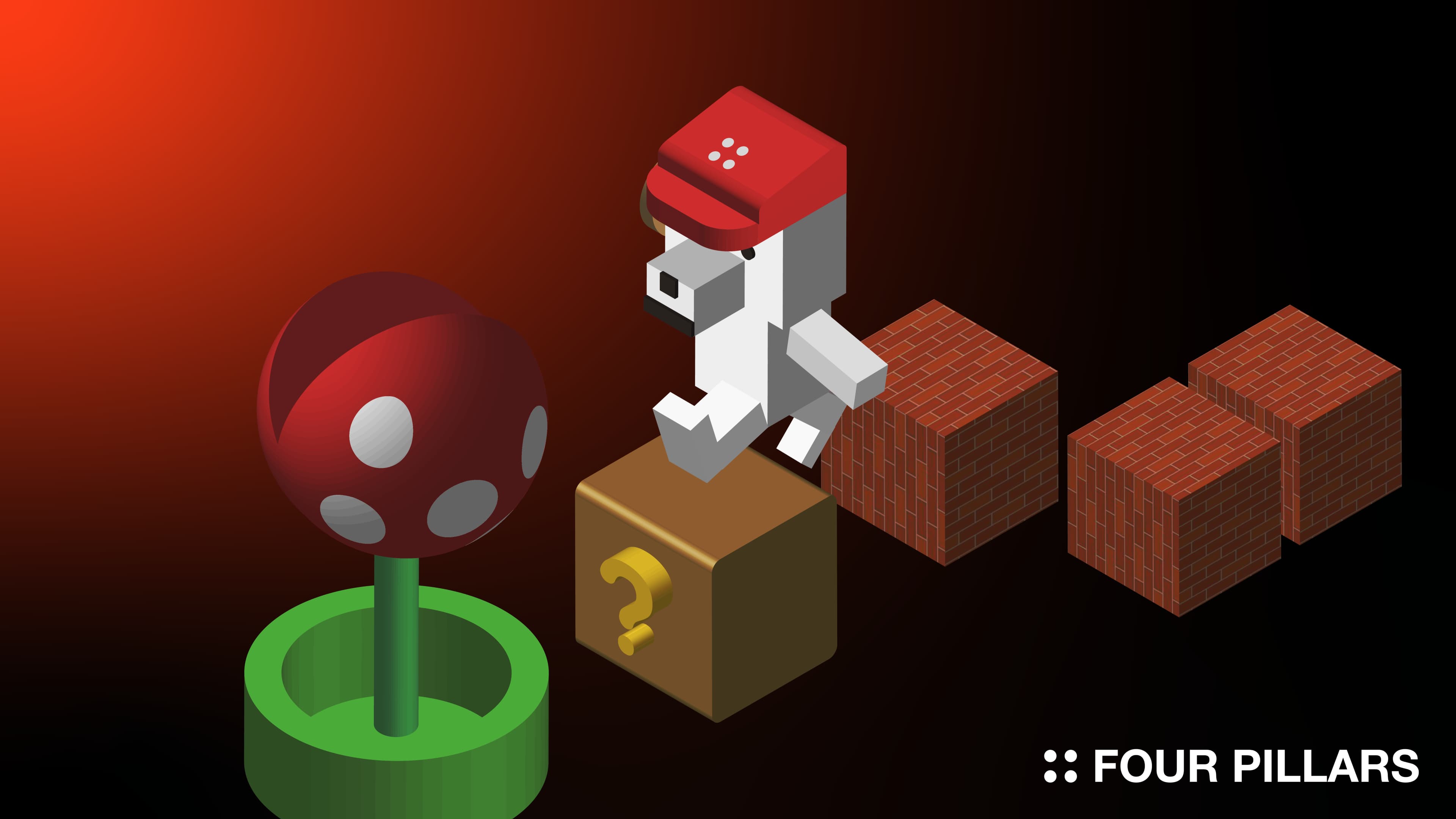

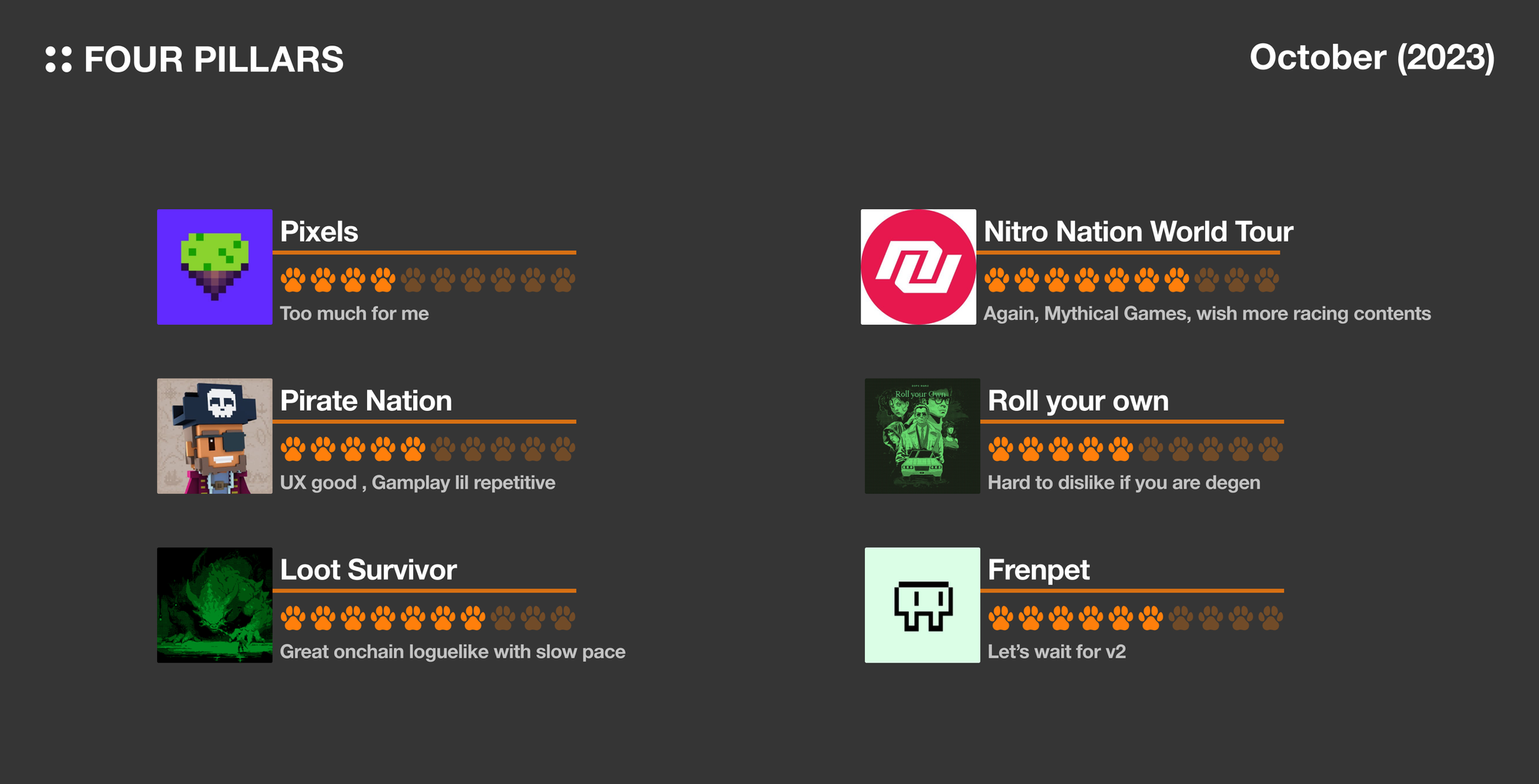
It's October, and we're back with another edition of our "Onchain Games I Played This Month" with Iskra. First, let's take a look at this month's games.
Pixels is Polygon's most popular onchain game, and it recently decided to move to Ronin, a news that caught my attention. At first glance, it's just another Pixels game, so what's the difference?
Personally, if I had to pick a favorite onchain game studio, it would be Mythical Games, and now that they have a new game out, I can't wait to play it. Nitro Nation World Tour is a racing game that has gone mobile, just like Mythical Games' typical ones.
Pirate Nation is one of the most talked about games in the Fully Onchain Game scene, but I need to find out for myself if it's really that good. We'll see if it's as fun as it sounds and if the UX is as clean as it sounds.
Starknet is the ecosystem pushing the Fully Onchain Game narrative the hardest. So far, I don't think I've played many of Starnet's Fully Onchain Games, so this month I played two of the most popular ones. Catrdige's Roll Your Own and Loot Survivor from the Bibliotheca DAO, a Loot derivative project.
Wrap your tamagotchi in Friend.tech. Add a tablespoon of gaming to SocialFi and you've got Frenpet, which is pretty self-explanatory.
Starting this month, I'm also going to give a very personal 10-point rating. The scoring is inspired from Anthony Fantano, the internet's busiest music nerd, with 1-4 being bad, 5 being meh, and 6-10 being great. If there's an on-chain game you'd like to see me play next month, plz DM me! Now, Let's dive in.
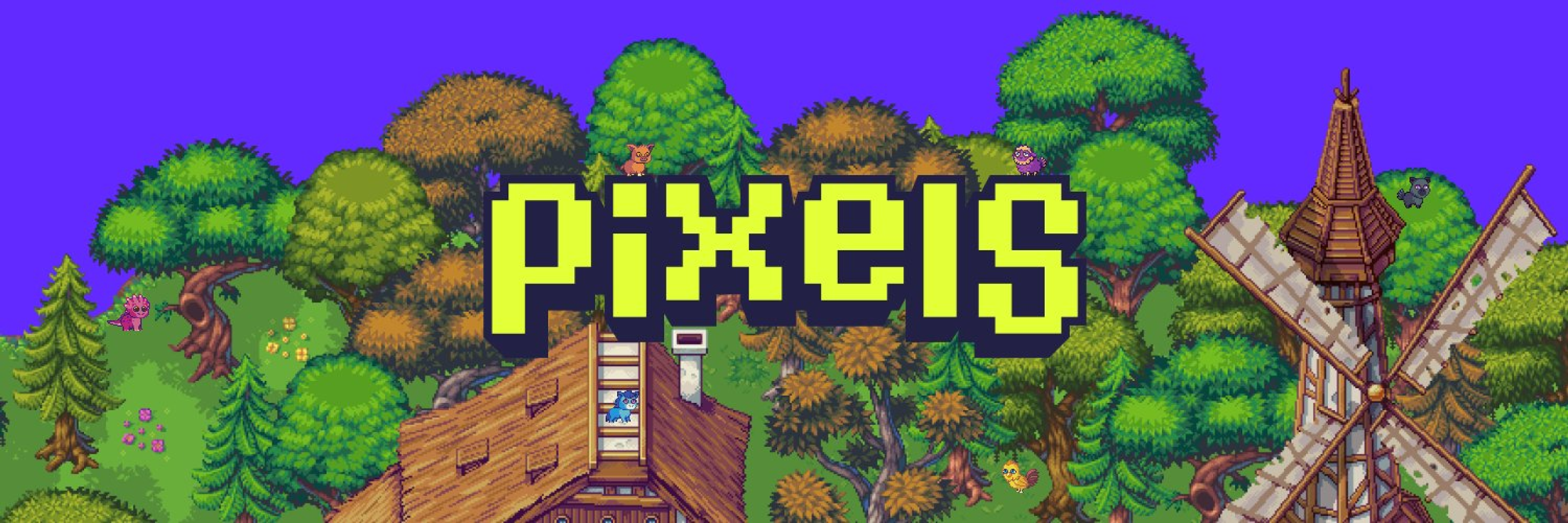
Pixels is a farming and exploration game with a Stardew Valley feel, and currently serves as a social platform for various community members in addition to gameplay. Users can gather resources, improve their skills, and progress through the storyline of the adventure in Pixels. Previously using Polygon Chain, Pixels recently announced a migration to Ronin. Previously, Pixels was the most popular game on Polygon, with over 1.5M monthly on-chain transactions, +100,000 monthly active wallets, and a DAU of around 5K.
Pixels originally started as an online event space project called Mesh in early 2021, which founder Luke Barwikowski turned into a game and Pixels was created. On February 9, 2022, the Pixels team raised approximately $2.4M in seed funding from Animoca Brands, PKO Investments, Opensea, and others.
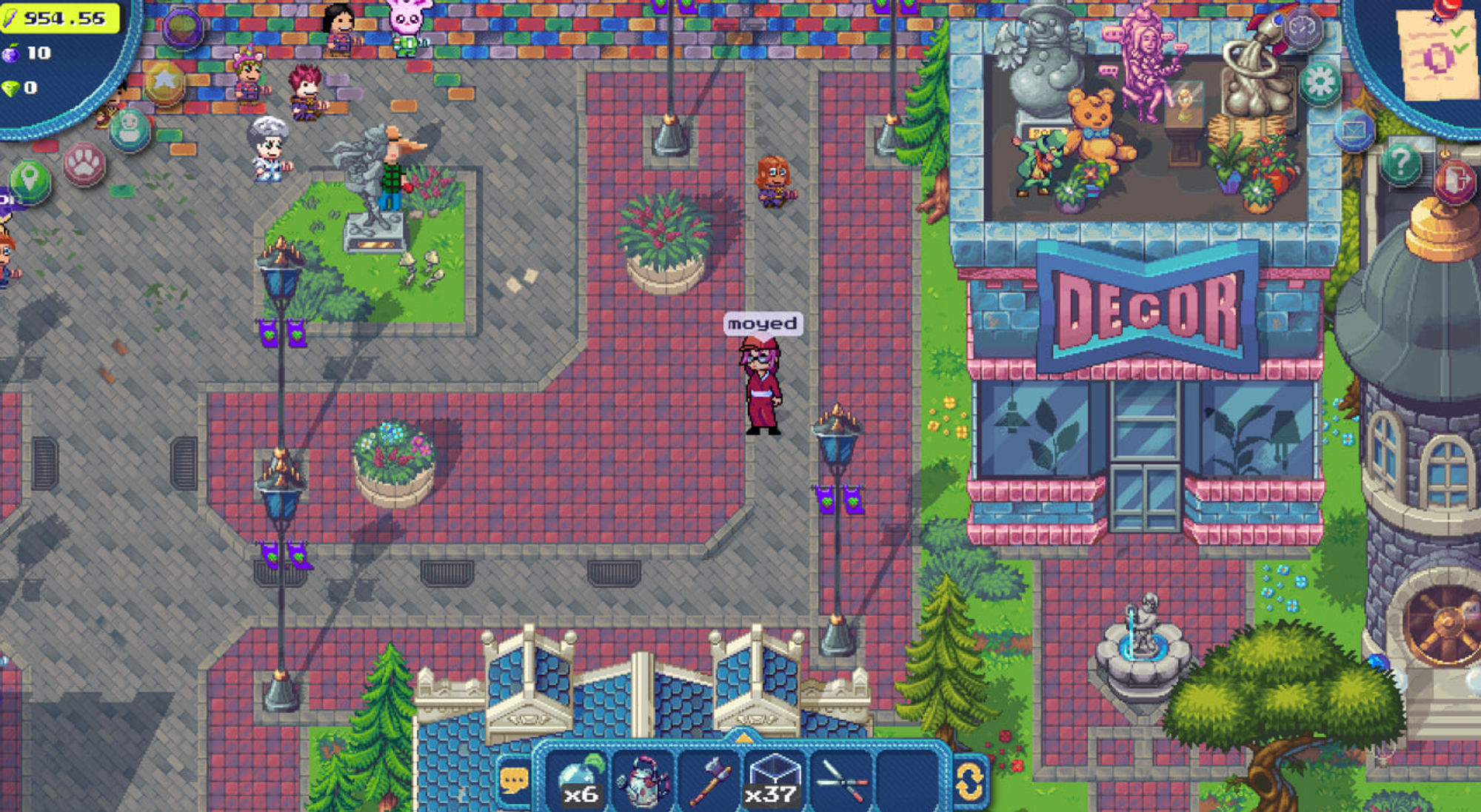
When you first access Pixels, the first thing you'll notice is that you can onboard via phone or email in addition to linking your wallet. Once you've entered the game via your preferred method, you should pay attention to your energy. Pixels is a resource management game, and all of your actions - cooking, selling items, farming, and more - consume energy, so it's very important to manage it well. This energy is usually filled up over time, but you can also get extra energy from the sauna building.
Newcomers to Pixels will learn the uses of the different buildings and items on the Pixels map by completing the first few quests offered. If you want to get more serious, you can purchase land, grow different crops, and customize your land, and if you head to the eastern and western ends of the entire map, you can even visit other players' land.
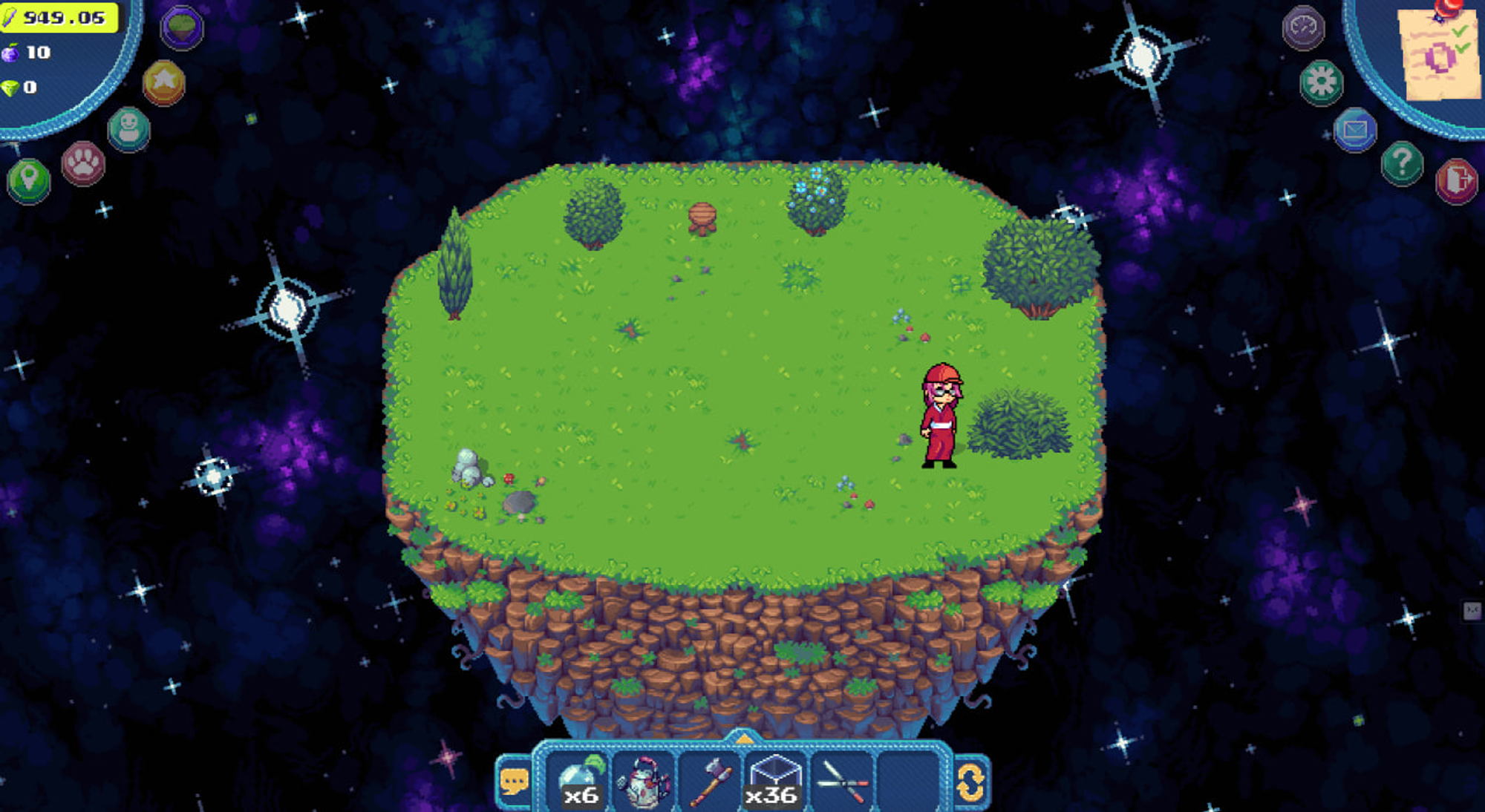
The first time I played, I was disappointed with a lot of things. First of all, the map is very large, and the lack of explanation of the early quests made it difficult to progress through the game. It was frustrating to travel for a long time and not be told exactly where to go. For example, in the quest 'Sticks and Planks', I was tasked with delivering a specific item to 'Old man Gurney', but it took me quite a while to find him because the map was so large and the NPC's location was not specified. I eventually managed to complete it using external guide documents and information in the Pixels discord, but it would have been nice to have a destination marker, or at least a limited area for the early quests. After the middle of the initial quest, you need land to progress, which I did by purchasing the Beginner Speck, which is a trial version of the game. The land can be purchased for 100 $BERRY, which is about $0.02.
NFT Farm Lands
Pixels has a total of 5K NFT Farm Lands with 7 properties, which are currently available for purchase at around 0.17 ETH. While it's not required to play Pixels, owning land is necessary to fully enjoy the game. For those who can't afford it, there's a relatively inexpensive option called Beginner Speck. Beginner Speck is not an NFT and has limited functions compared to regular land. In addition to this, it is also possible to rent land through reNFTs.
NFT Integration
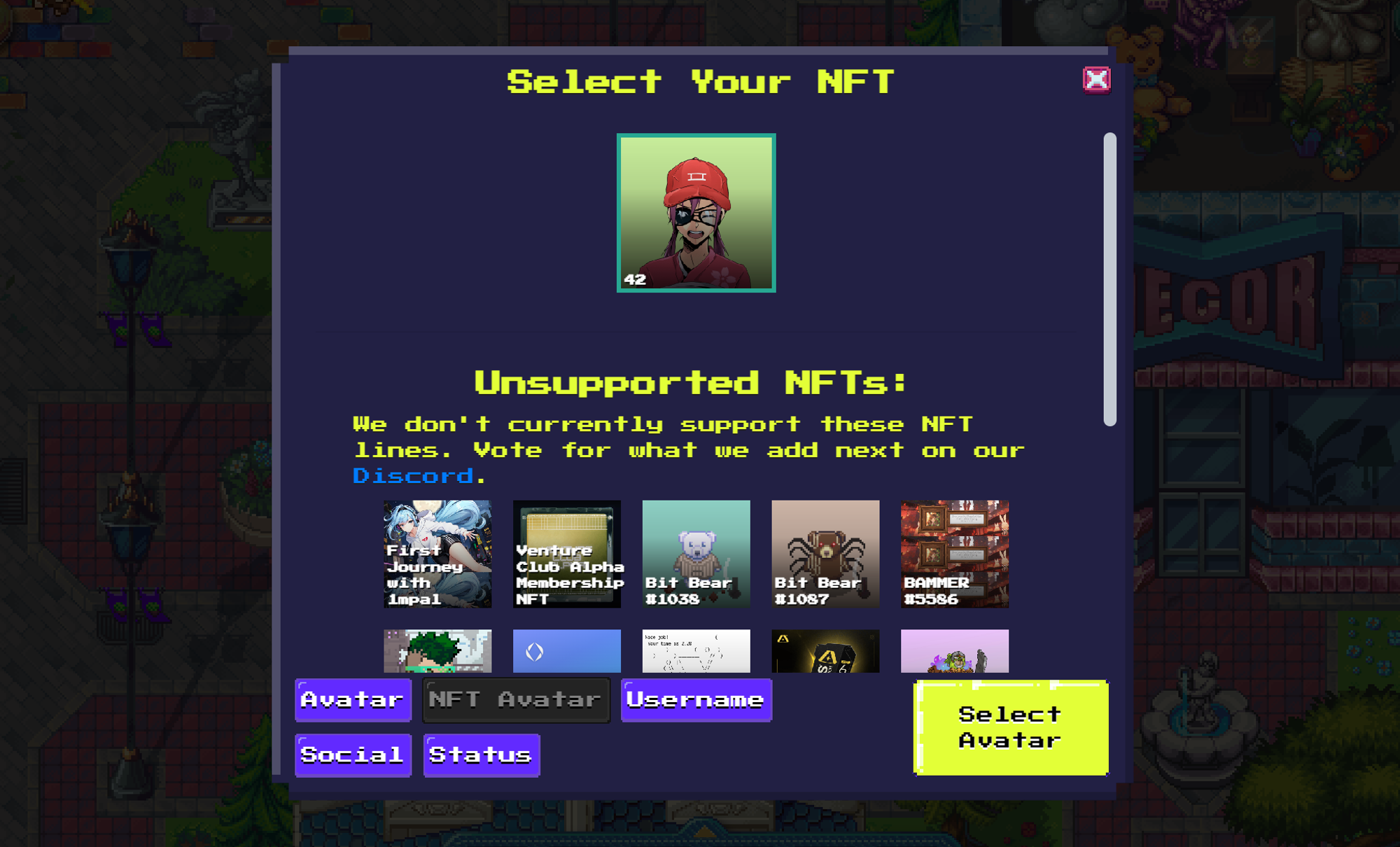
Pixels works with 50 NFT communities to make their NFTs available for use within Pixels. You can find a list of supported NFT collections here. In my case, I used my own Timeless NFTs within Pixels.
Pixels currently uses $BERRY, but in the near future Pixels will introduce $PIXEL and use a dual token model. First, $BERRY is the main in-game currency, which can be earned by completing various quests and is primarily used to purchase items. The upcoming $PIXEL will not affect the core gameplay loop, but is expected to be used for other items and cosmetics. In addition, native tokens from other projects such as $CYBER, $PEPE, $NANA, and $OTHER can also be used as events, for example, $PEPE can be used to purchase fertilizer at bathroom stalls.
Outside of the game, there's a membership scheme called VIP Memebrship, where you can pay $6 per month to enjoy unlimited trading, six extra backpack slots, VIP lounge access, and other perks. This seems to be more of an additional revenue channel aimed at Pixels' core fan base.
Pixels is clearly one of the most popular onchain games right now, and it seems to have a pretty strong core community. It's also interesting to note that Pixels is more than just a game, it's also a platform for people to gather and play, as one community member's birthday party was recently held on Pixels. Pixels also feels like an onchain game that puts a lot of emphasis on compatibility. From NFT compatibility, to the ability to use tokens from external projects (albeit as events), to the recent integration with web3 social applications like Seams. Since it recently migrated to Ronin, we can expect this synergy with Sky Mavis as well. However, my first experience with Pixels as a newcomer was not very satisfying. The game's map is huge, which can be overwhelming for a newcomer, and there's only so much you can do without buying land. Personally, I recommend a third-party guide called 'The Web3 Triads' for those who want to play Pixels for the first time.
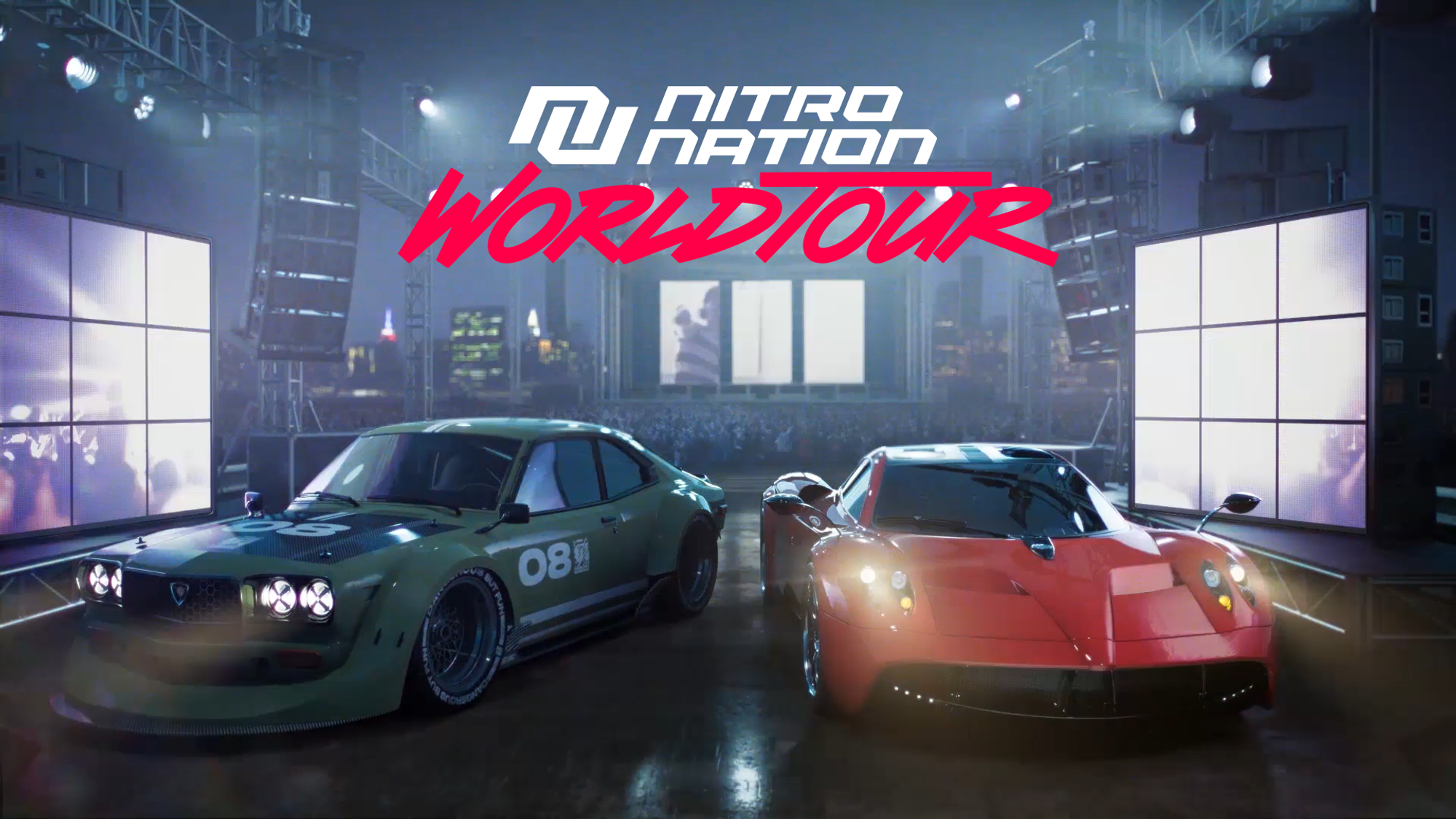
Nitro Nation World Tour ("NNWT") is an onchain mobile racing game created by CM Games and published by Mythical Games. The game uses the Mythos blockchain as its underlying chain, with in-game cars and workshops that can be traded as NFTs. It launched globally on October 5, 2023, and is available for download and play in all but a few countries, including South Korea, through the Apple and Google app stores.
CM Games (https://cm.games/), the creators of NNWT, is an Estonian-based game developer that started in 2010 and has since launched several successful mobile games without raising any funding. CM Games has two main franchises, Drag Racing and Nitro Nation, both coincidentally in the form of drag racing, so they clearly have the know-how and strength in that genre of mobile gaming.
The game's publisher, Mythical Games is a large, established onchain gaming company that has developed and/or published a number of onchain games prior to NNWT. The first game, Blankos Block Party, was a metaverse game that emphasized IP play and the role of the game as a social platform for players to play together. The next game, NFL Rivals, leveraged an existing NFL brand with a strong fanbase, which is the opposite approach from Blankos Block Party, which tried to create a new IP on its own. NFL Rivals is a successful blend of simulation, fantasy football, and arcade, and it's a game that is 100% playable without any knowledge of the onchain elements, which is a positive for existing gamers. Mythical Games is now considered a pioneer in on-chain mobile gaming, and recently helped shape Google Play's policy on on-chain gaming and NFTs.
On June 28th of this year, Mythical Games closed a $37M Series C1 funding round from Scytale Digital, ARK Invest, Animoca Brands, and others, bringing its total funding to around $297M. Mythical Games has also been active in acquiring companies, most recently acquiring NFT marketplace DMarket in January of this year.
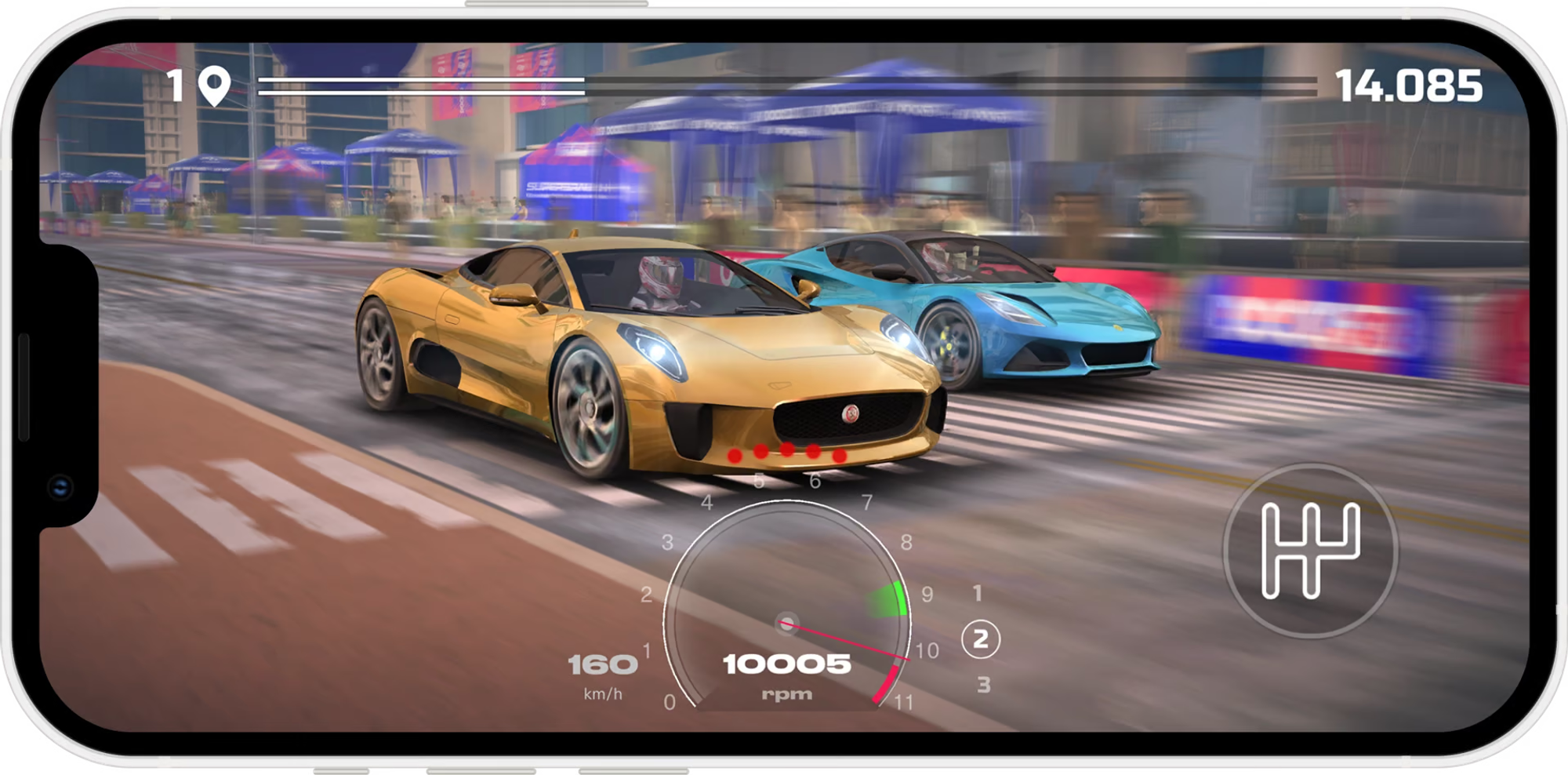
Source: Nitro Nation: World Tour
First of all, since the game takes place in the form of drag racing, there is less of a skill component and more of a car performance component than in a typical racing game. This feature of NNWT has both advantages and disadvantages: it has a lower barrier to entry than traditional racing games, but it also has the disadvantage of being easily bored. Perhaps, to compensate for this disadvantage, there is a great emphasis on elements such as customization and tuning. Therefore, although it has the form of a racing game, it seems to have a stronger collectible element where you get attached to the car while collecting, upgrading, customizing, and tuning the car.
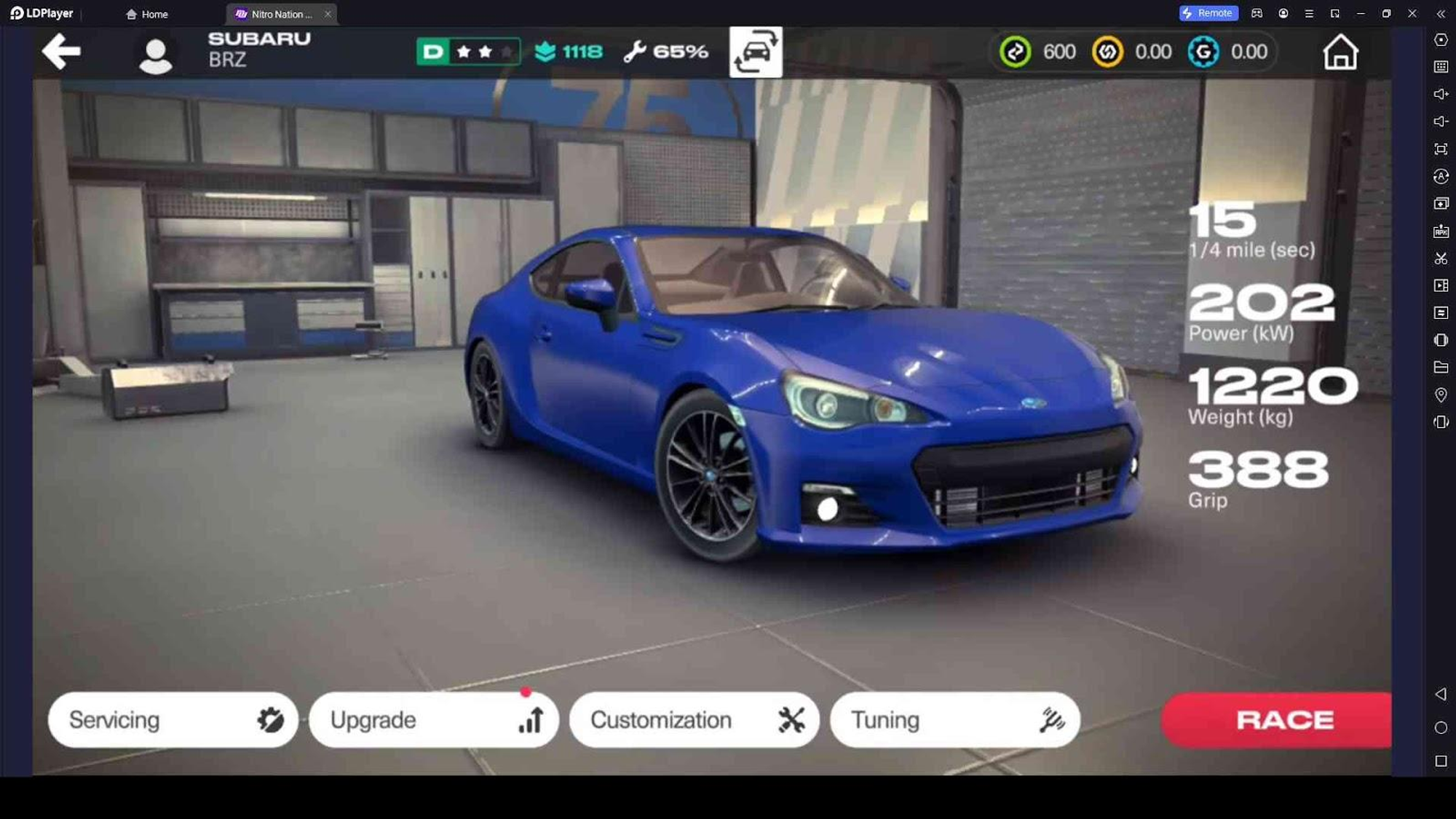
Source: LDPlayer
Outside of racing, the main features of the game are the garage and the club. The garage is where you can repair, upgrade, customize, and tune your car, and the club is where you can race with like-minded people, similar to clans and guilds in other games. Once you're in a club, you can borrow or lend your car to other players and enjoy additional content like club competitions.
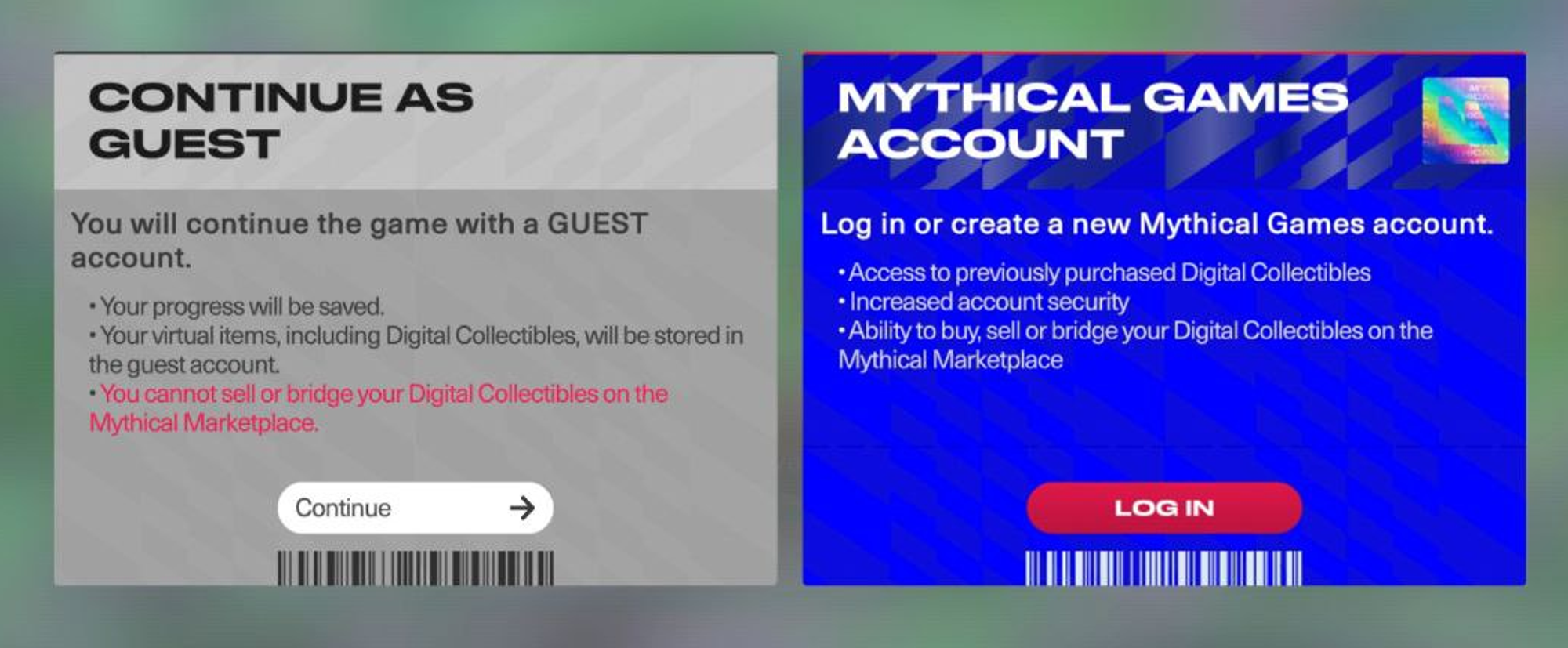
My experience with Mythical Games' previous game, NFL Rivals, and now NNWT, is that Mythical Games' mobile games are 100% playable without knowing about on-chain elements, but they are more fun to play with. So, rather than pushing on-chain elements to the forefront of the game, they seem to come naturally to those who want to get the most out of the game. For example, you don't need to have a Mythical Games account to start the game, and there's nothing stopping you from enjoying the game without one.
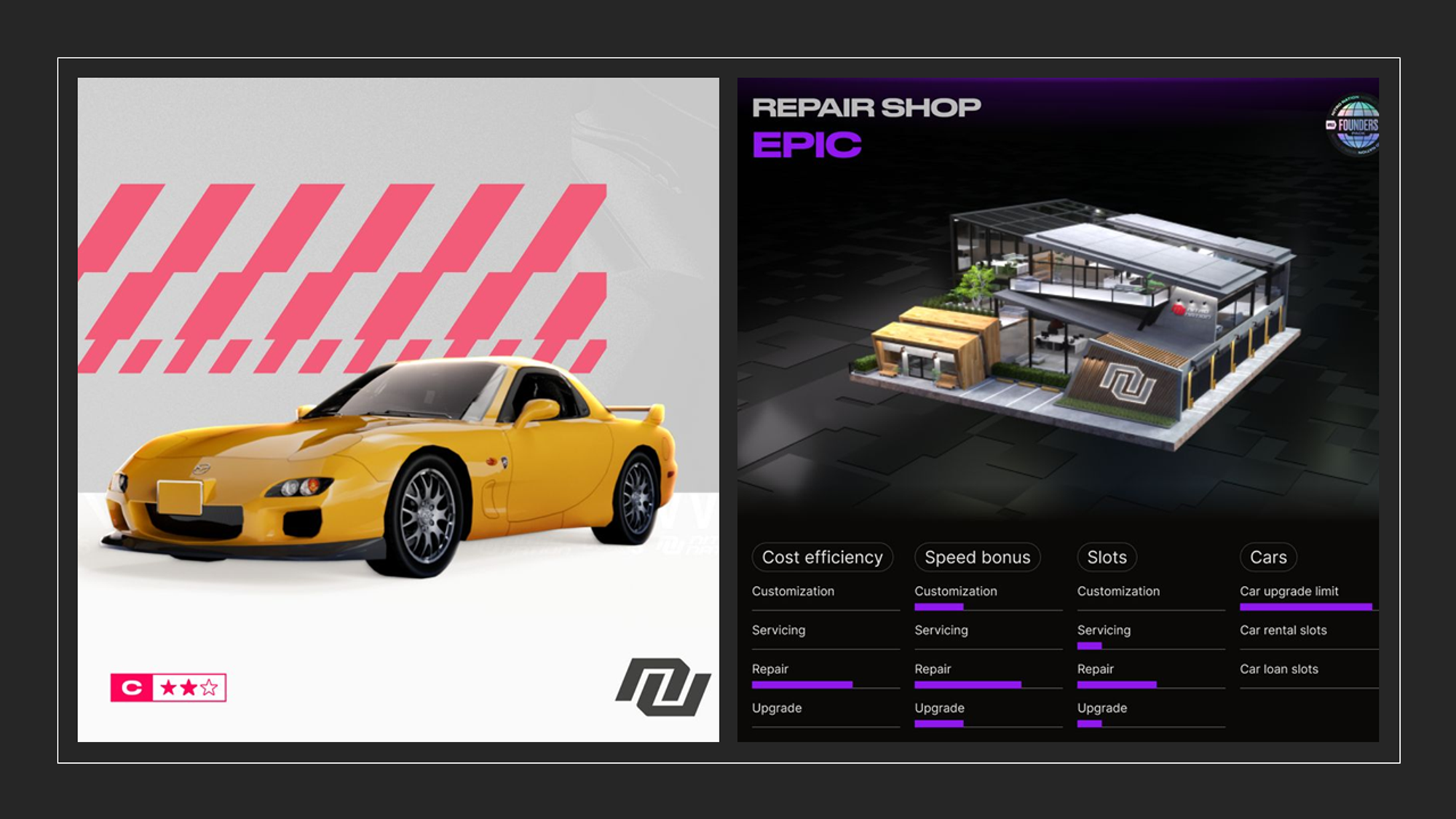
There are two main NFT elements in NWWT: cars and workshops.
First, there are currently over 140 car brands licensed, with over 70 car brands added annually. There are five tiers of cars and three levels within each tier, and depending on the type of car, some cars are NFTs from the start, while others require a certain level of upgrade to become NFTs. Limited edition cars, which are NFTs from the start, can only be obtained through card packs or the Mythical Marketplace, and naturally perform much better.
Workshops are NFTs that grant benefits for upgrading, repairing, and customizing cars when attached to an existing warehouse, with a total of 10 types and 4 rarities.
Initially, $MYTH will be used to purchase NFTs on the Mythical Marketplace, and Nitro Coin and Gear Coin are planned as its own tokens. Both tokens will be used for car upgrades and premium customization features, purchasing items in the shop, upgrading clubs, etc.
As someone who was expecting a racing game like old-school asphalt, I was disappointed with the drag racing aspect of the game. However, the fact that people who are not familiar with racing games can also have fun will attract more users, and I was impressed that Mythical Games' game can be played without on-chain elements. The tuning and customization elements of NNWT seem to reflect the collective nature of car collecting.
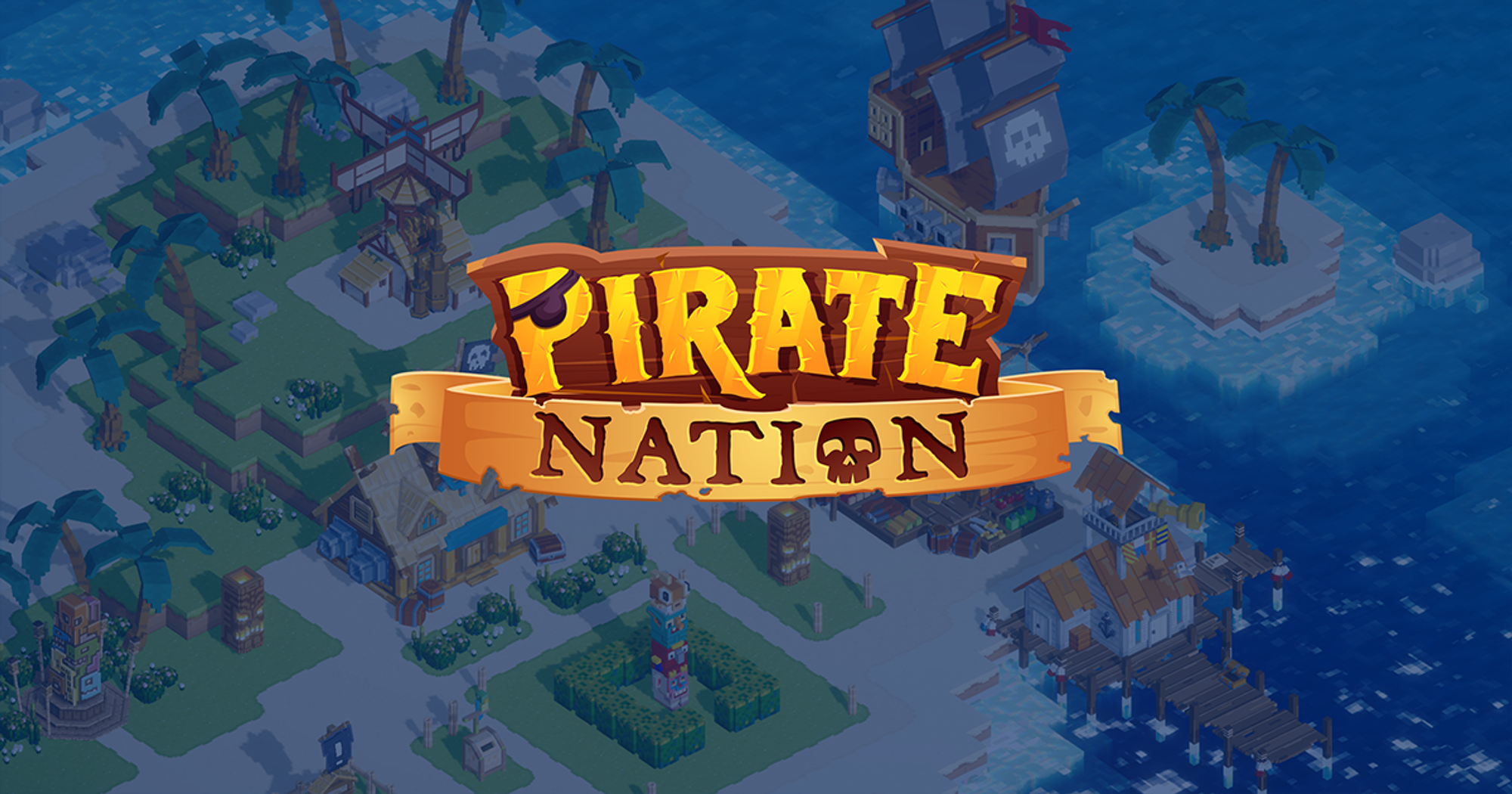
Pirate Nation is a browser-based RPG game where players explore the ocean and islands, complete quests, and experience the world of full-fledged pirates. It's a fully onchain game, with all logic implemented onchain, and while the pirate NFTs exist on Ethereum, the gameplay takes place on Avitrum Nova. Currently, you can only play if you have Pirate Nation's NFTs or an invite code, but we expect to support F2P soon.
Proof of Play, the team behind Pirate Nation, is a team of game industry veterans from high-profile companies like EA, Zynga, and Activision, and recently raised $33M in seed funding led by a16z and Greenoaks. Proof of Play's CEO, Amitt Mahajan, was the co-creator of Zynga's flagship game, Farmville, and believes that a fully on-chain game can solve the limitations of past game development.
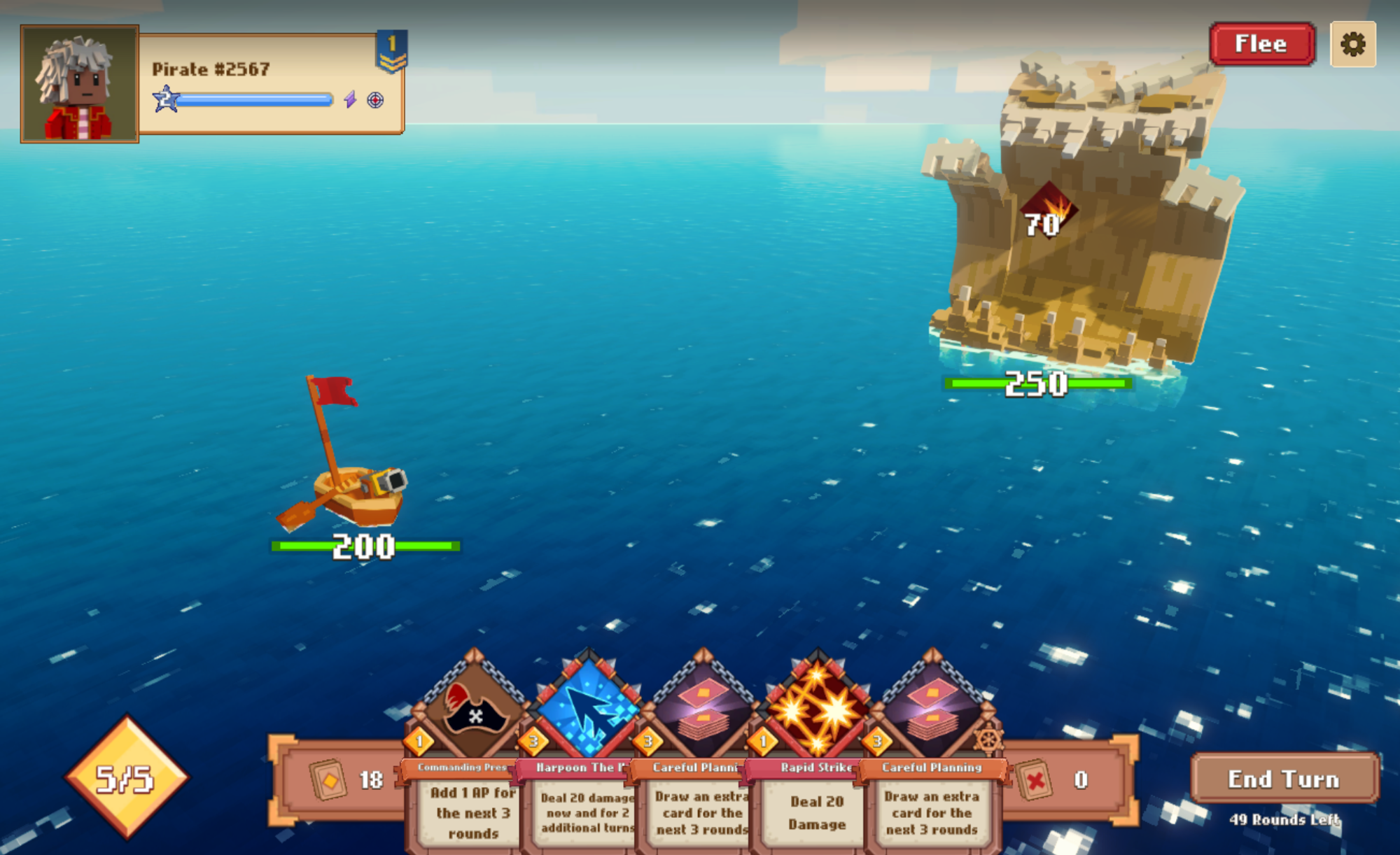
The main gameplay elements of Pirate Nation are as follows:
Pirate NFTs: Players can only play the game by recruiting pirates, each of which has elements such as level (XP), attributes, and specializations. Players can send these pirates on adventures to get new items and build up their pirate experience.
Quests & Bounties: Quests and bounties allow players to obtain materials to craft various items, as well as rare treasures. Using your pirates for quests and bounties basically costs energy, and players have a maximum of 150 energy, which is recharged every 10 minutes. Certain quests may require additional materials.
Combat: One of the highlights of the game, combat content is currently PVE, but we expect to see PVP between users. Combat is a card-based strategy system, so you can think of it as simple Hearthstone. Players have a limited cost each turn and must play their best cards to attack or defend, depending on their pirate expertise and ship stats.
Island customization: Each player has their own island, which they can customize as they see fit.
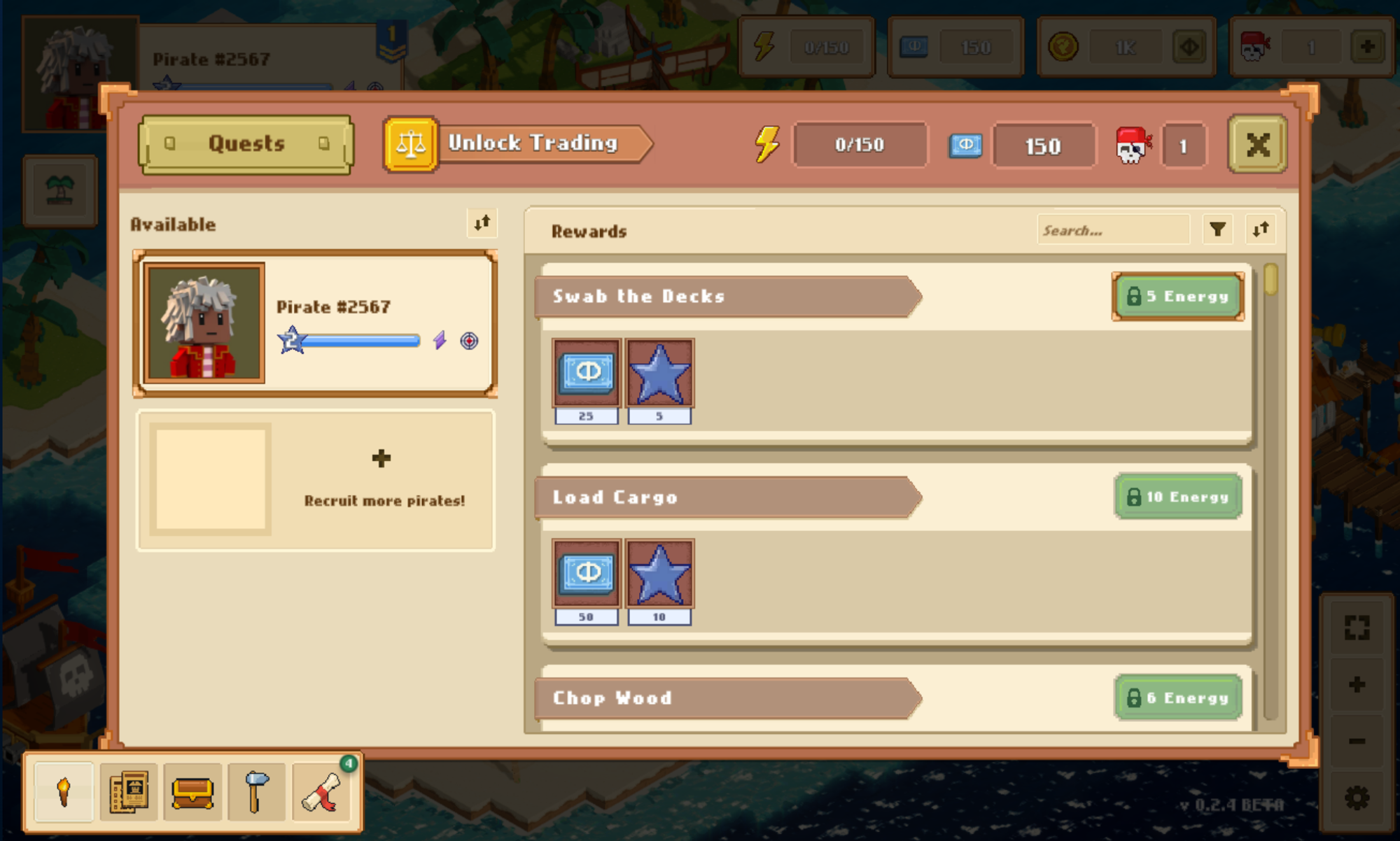
I had the opportunity to play the game as an initial platform tester for GGQuest, having received the access code for Pirate Nation. To be honest, it was a bit disappointing compared to my expectations. At least for now, there's not much to do in the game, and it's very repetitive. The process of completing quests or bounties is simply about clicking to assign them to pirates, so there aren't many fun elements. However, I did enjoy the combat aspect, and I think it will be much more enjoyable when PvP is introduced.
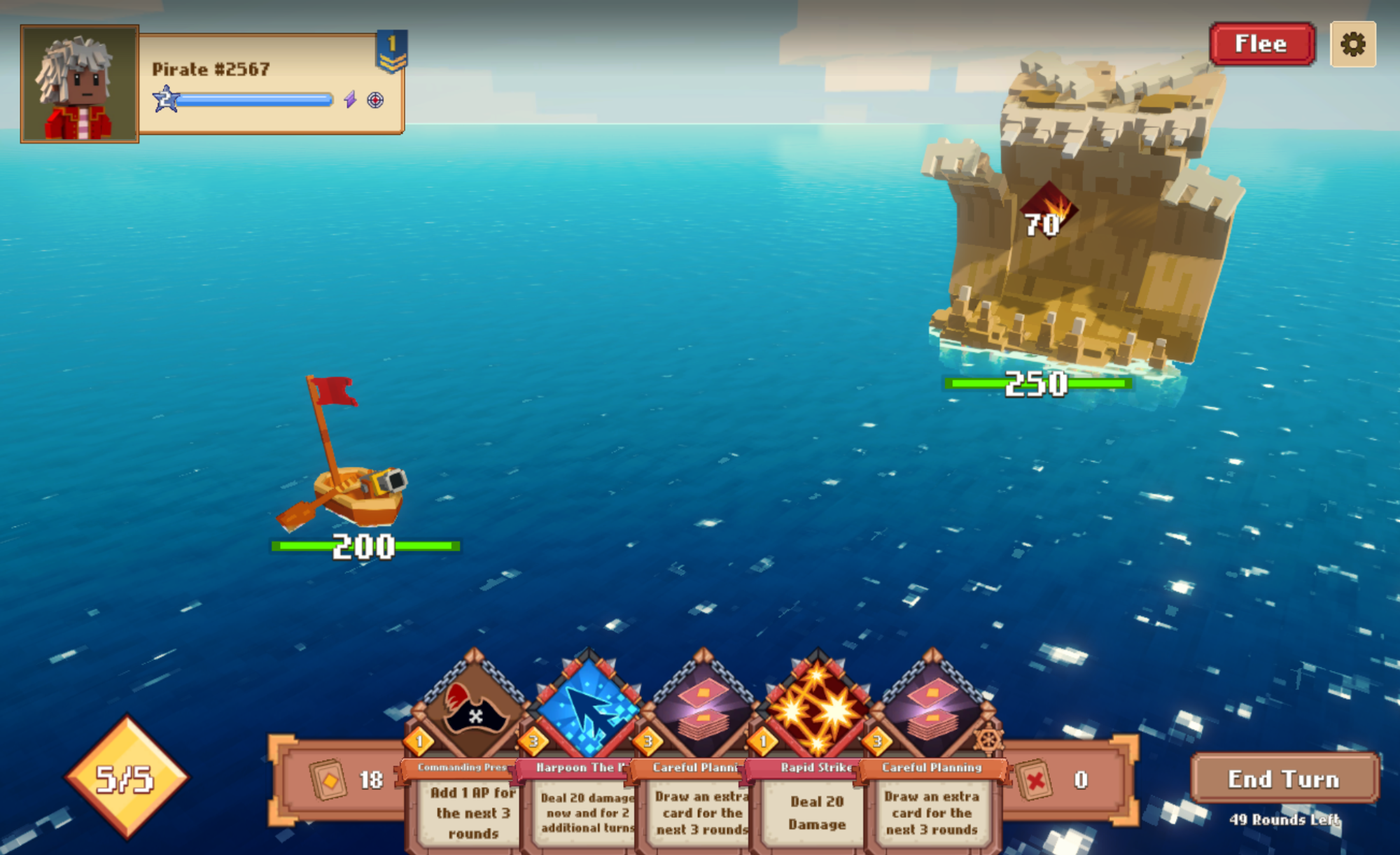
As mentioned earlier, Pirate Nation is a fully onchain game, and Proof of Play is one of the teams that is best at solving the UX issues that are inherent in fully onchain games. Pirate Nation's technical features include the following:
Mirroring system
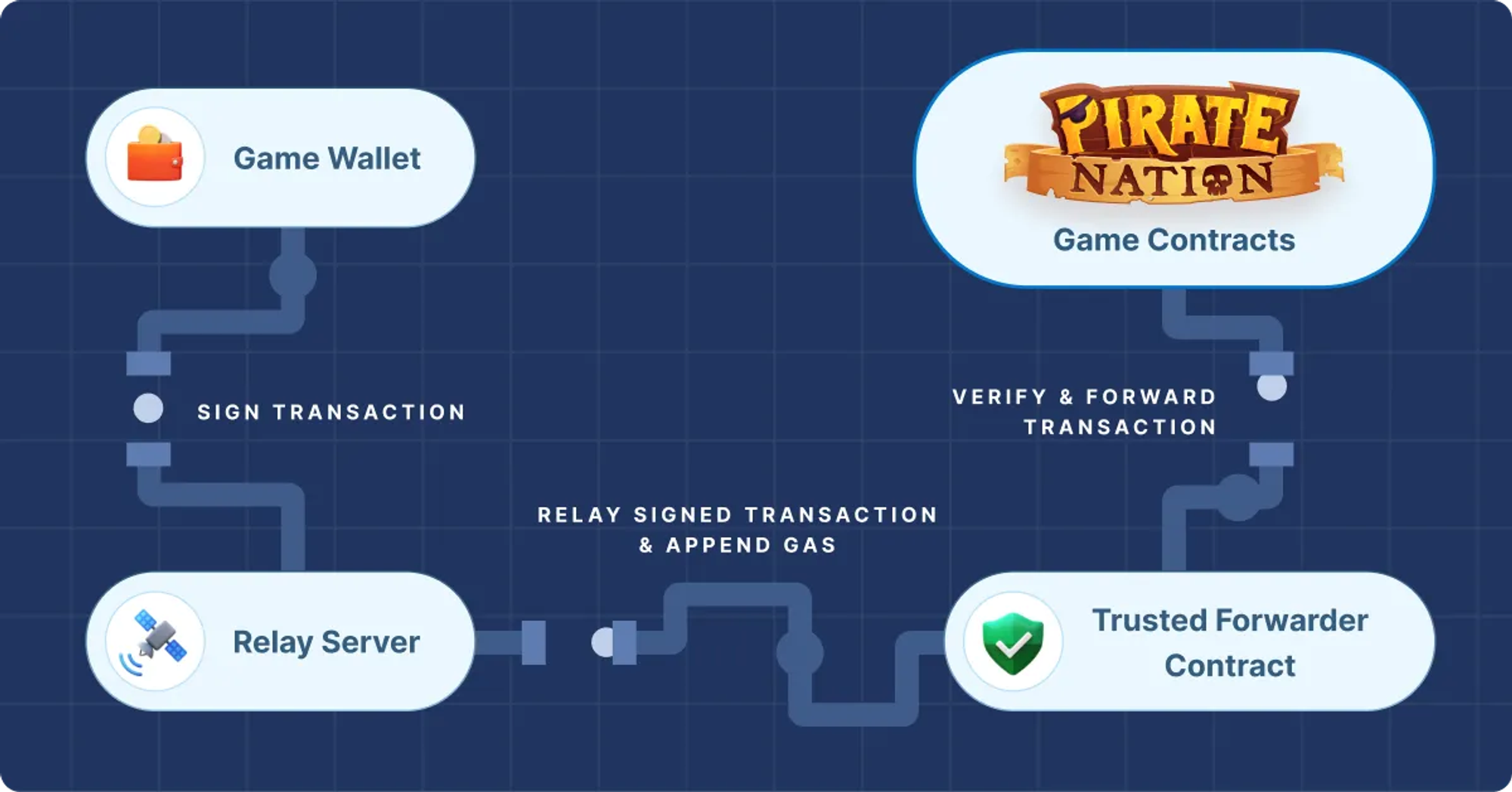
Source: Pirate Nation
While Pirate Nation's assets reside on Ethereum Layer 1 and the actual gameplay takes place on Avitrum Nova, the mirroring system seamlessly connects the two chains without any bridges. Mirroring works by first monitoring token transfer events on Ethereum and then verifying ownership on Layer 2.
Game Wallet
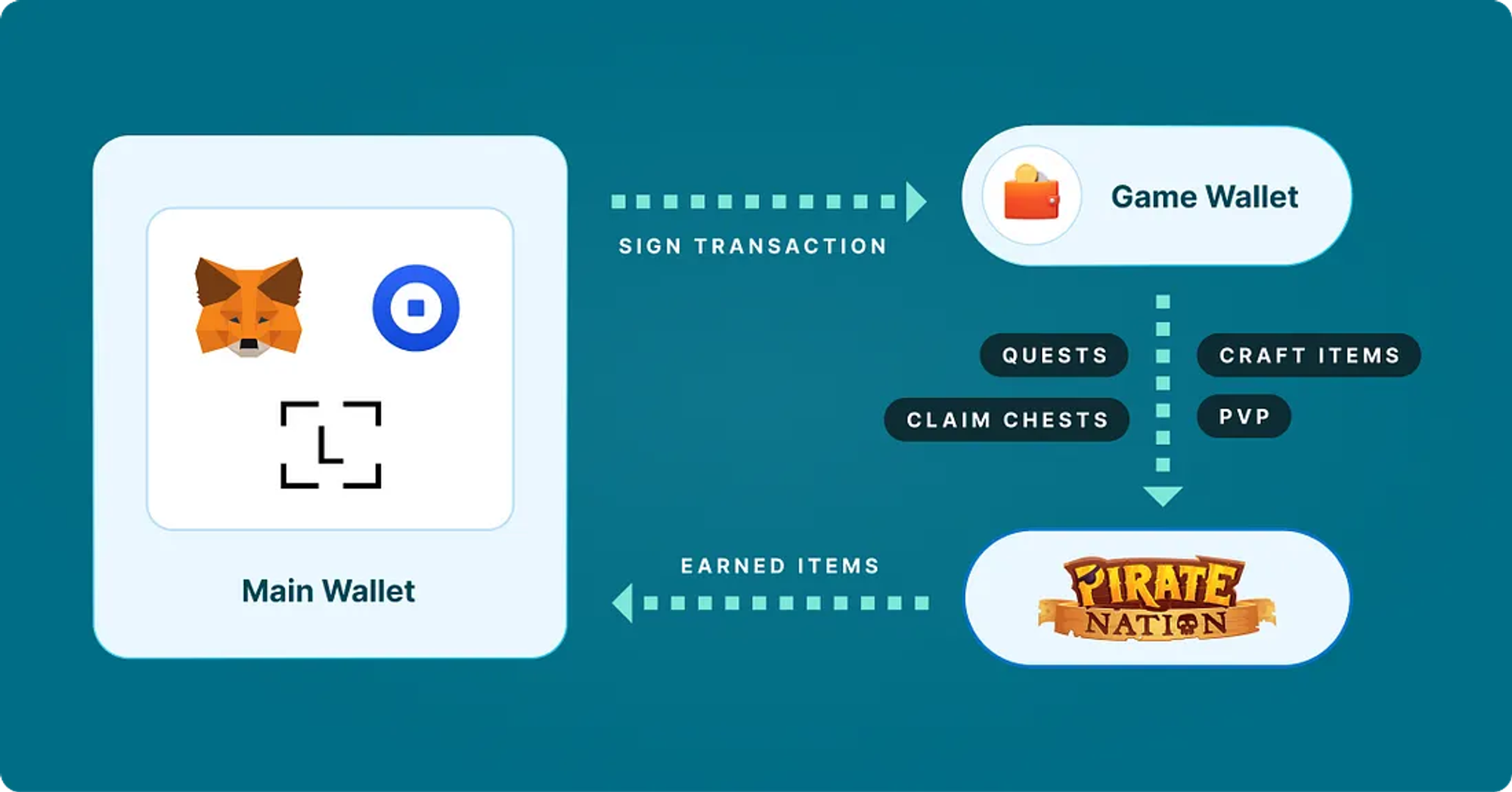
Source: Pirate Nation
Proof of Play uses its own wallet solution, Game Wallet, to allow players to authorize in-game actions without any fees or signatures. When users access Pirate Nation, they sign a message authorizing Game Wallet to perform transactions on behalf of their existing wallet. We will also introduce EIP-2771 to ensure that player transactions are sent to an API server rather than the blockchain, allowing Pirate Nation to pay fees on their behalf.
Pirate Nation uses two in-game currencies, Pirate Gold (PGLD) and Marks (MARK), of which only PGLD is tradable. Both currencies can be earned through quests, but players who have the Trade License (described later) will receive PGLD, and those who do not will receive MARK. PGLD can be exchanged for MARK, but not vice versa.
A Trade License is literally a player's trading status within Pirate Nation, and only with a Trade License can a player actually Play & Earn. Currently, Trade Licenses can only be earned by 1) being a 'Founder's Pirate' NFT owner, 2) reaching Command Rank 10, or 3) through secondary trading. The reason for this system in Pirate Nation is to preserve the value of existing Founder's Pirate NFTs while also somewhat discouraging players from extracting value from the game. Previously, NFTs were required to play Pirate Nation, but this feature seems to be an attempt to compensate for the lack of utility of NFTs as Pirate Nation moves to a free-to-play model.
While Pirate Nation is one of the most high-profile Fully Onchain Game projects out there right now, there are still some areas of gameplay that could be improved. However, it seems that a lot of thought has been put into the UX, and it has the potential to be a good game, so I'm looking forward to it. I'm also curious to see how well their attempts to achieve both player acquisition and economic stability through F2P and trade licenses will work.
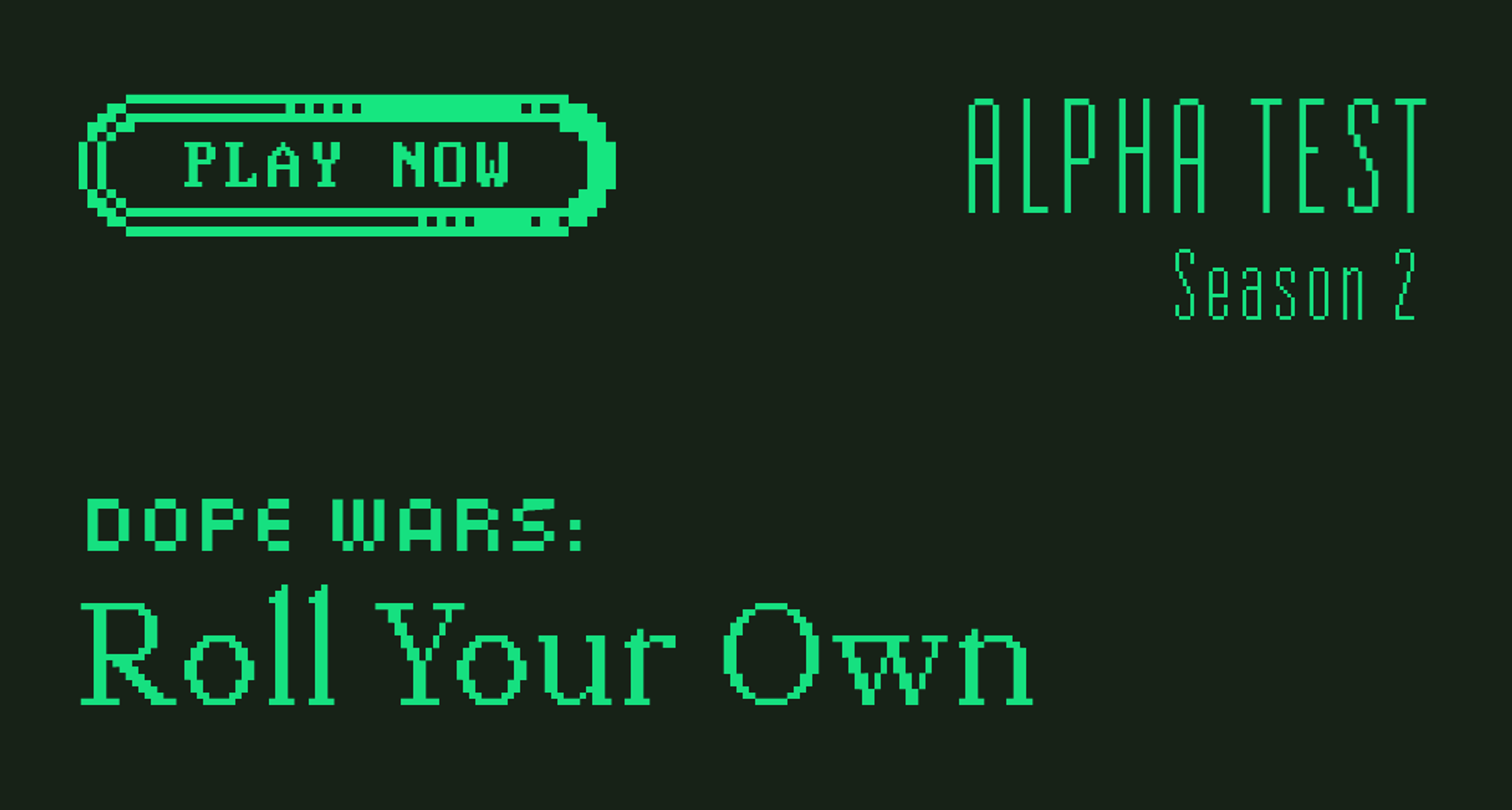
Roll Your Own ("RYO") is a turn-based strategy game that puts you in the role of a drug dealer as you travel around New York City buying, selling, and arbitraging drugs for maximum profit. It's a fully on-chain game, using the Dojo Engine and Starknet as the underlying chain. It is currently in alpha testing.
RYO is produced by Cartridge, a FOCG/AW company. Cartridge can be called an FOCG/AW company because it makes a variety of games, including the FOCG framework Dojo Engine, Cartridge Controller for signatureless game UX, and RYO, which is introduced today. Therefore, it can be said that it makes infrastructure and applications related to FOCG. In the Starknet ecosystem, which is betting heavily on the FOCG/AW narrative, Cartridge is one of the most highly staked projects. Cartridge raised $5M in seed funding on August 31, 2023 from Dune, Chapter One, Geometry, Fabric, and others.
The game is an on-chain recreation of the 1984 video game Drug Wars. Over the course of 10 days, players have $2000 and 100 health to travel to different neighborhoods in New York City to buy, sell, and ultimately make the most money from drugs. Each neighborhood in New York has a different value for each drug, so it's important to buy cheaply in one area and then move to another the next day to sell at a higher price.
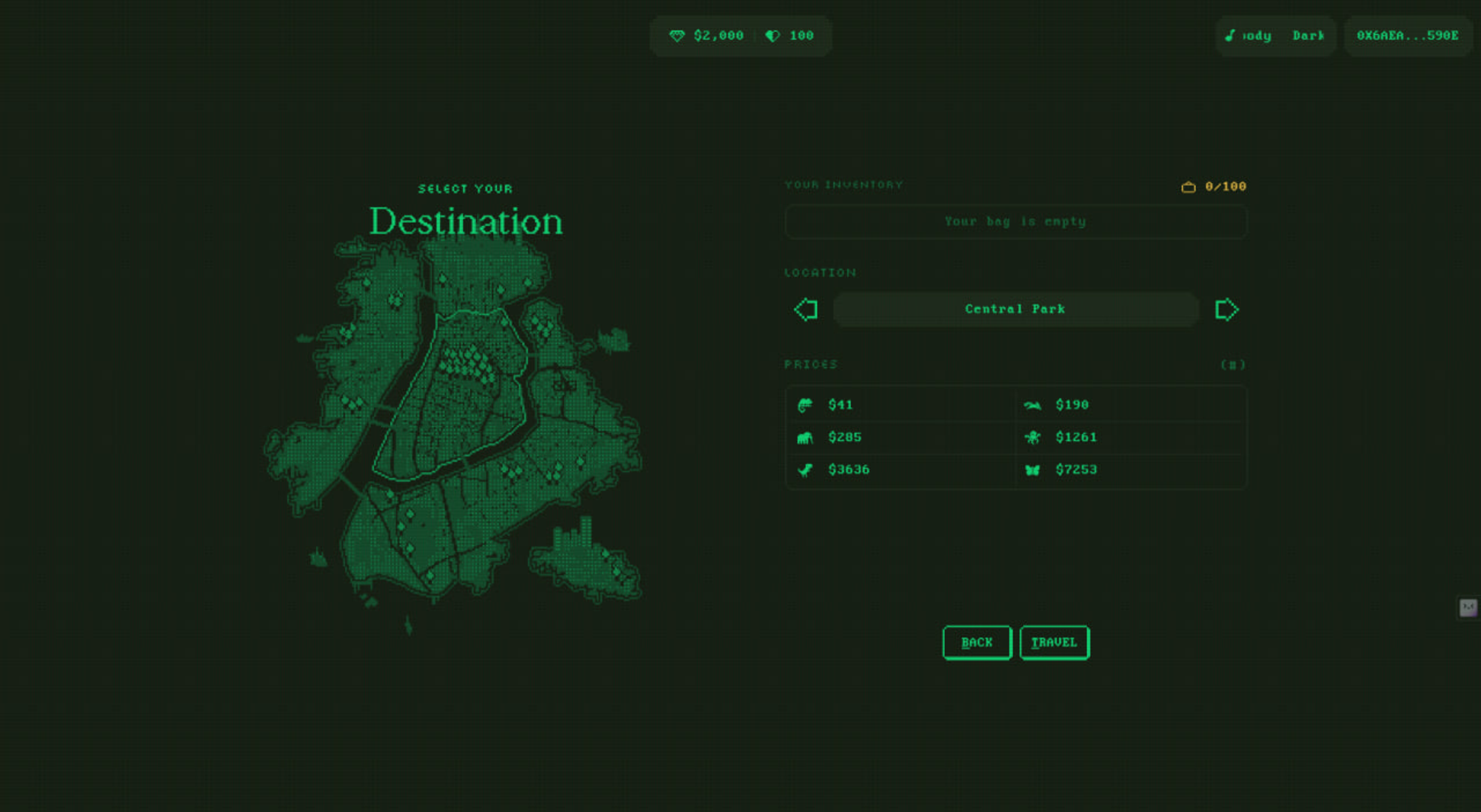
This sounds like a simple game, but there are a couple of things that add depth to the game. First, the price of drugs in each area the next day is affected by the user's behavior the day before, i.e., what drugs they bought and how much, which prevents the game from being the same every time. Also, as you move through each area, there is a certain chance that you will be asked to return some of your drugs to the police or lose some of your money to another gang, and you can either comply with the request or run away. If you run away, there is a chance that your health will be reduced.
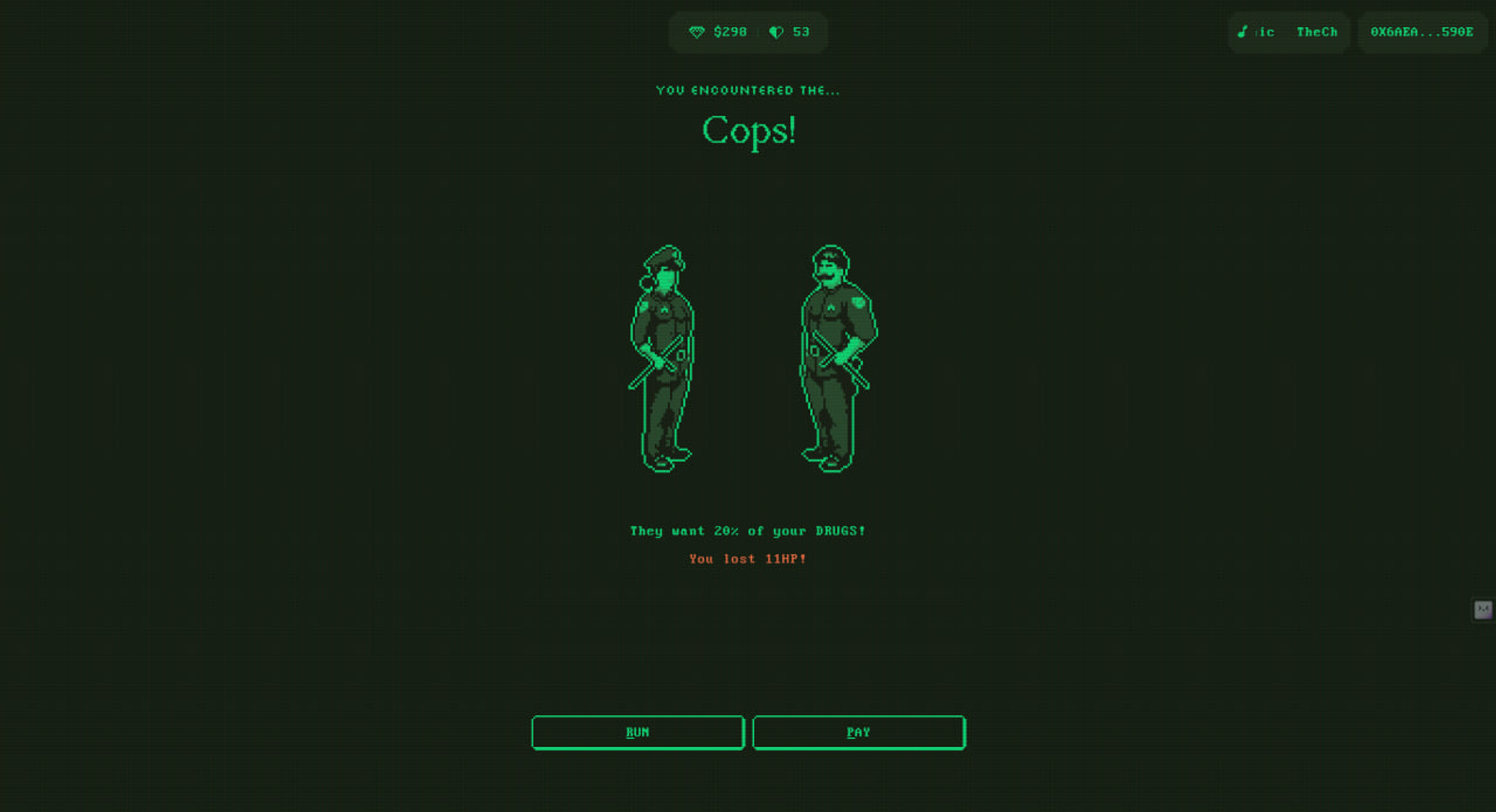
Although the game seems simple, there are more factors to consider than you might think, and the randomness is strong enough to make you want to play multiple times. First of all, there is a limit on the number of times you can move to another area and buy and sell drugs in a day out of a total of 10 days, so you need to be careful, and your inventory is limited to 100 spaces, so when choosing what kind of drugs to buy, you need to consider not only profit and loss, but also whether you can fit them all in your inventory. The main screen also features a Hall of Fame of the top scorers, which is a nice touch.
Since RYO is a FOCG, all actions are done via transactions. I don't know if Cartridge Controller is used, but when you first enter the game, you can create a burner wallet with a single click, and then play the game cleanly without any signatures. RYO's code is publicly available, so you can check it out for yourself on GitHub. Since it uses the Dojo Engine, you can see that the entire game logic is organized in the ECS framework.
As of September 23rd after 4 days of alpha testing, over 1500 rounds have been played and 35K+ transactions have been generated.
Since this is an alpha test, it is not possible to take tokens earned in-game out of the game, but it is likely that this will be possible at the actual launch, or a mechanism to reward top leaderboard users will be introduced.
Although the game itself is not complicated, RYO is a game that I am looking forward to seeing more of in the future as it incorporates the elements that degens love: arbitrage and randomness. Currently, the events that occur when moving regions are PVE, but if it becomes PVP between users, it will be a more interesting game. It seems like a good game to introduce the classic R2E (Risk to Earn), and the UX seems to be very clean since it's made by the Cartridge team.
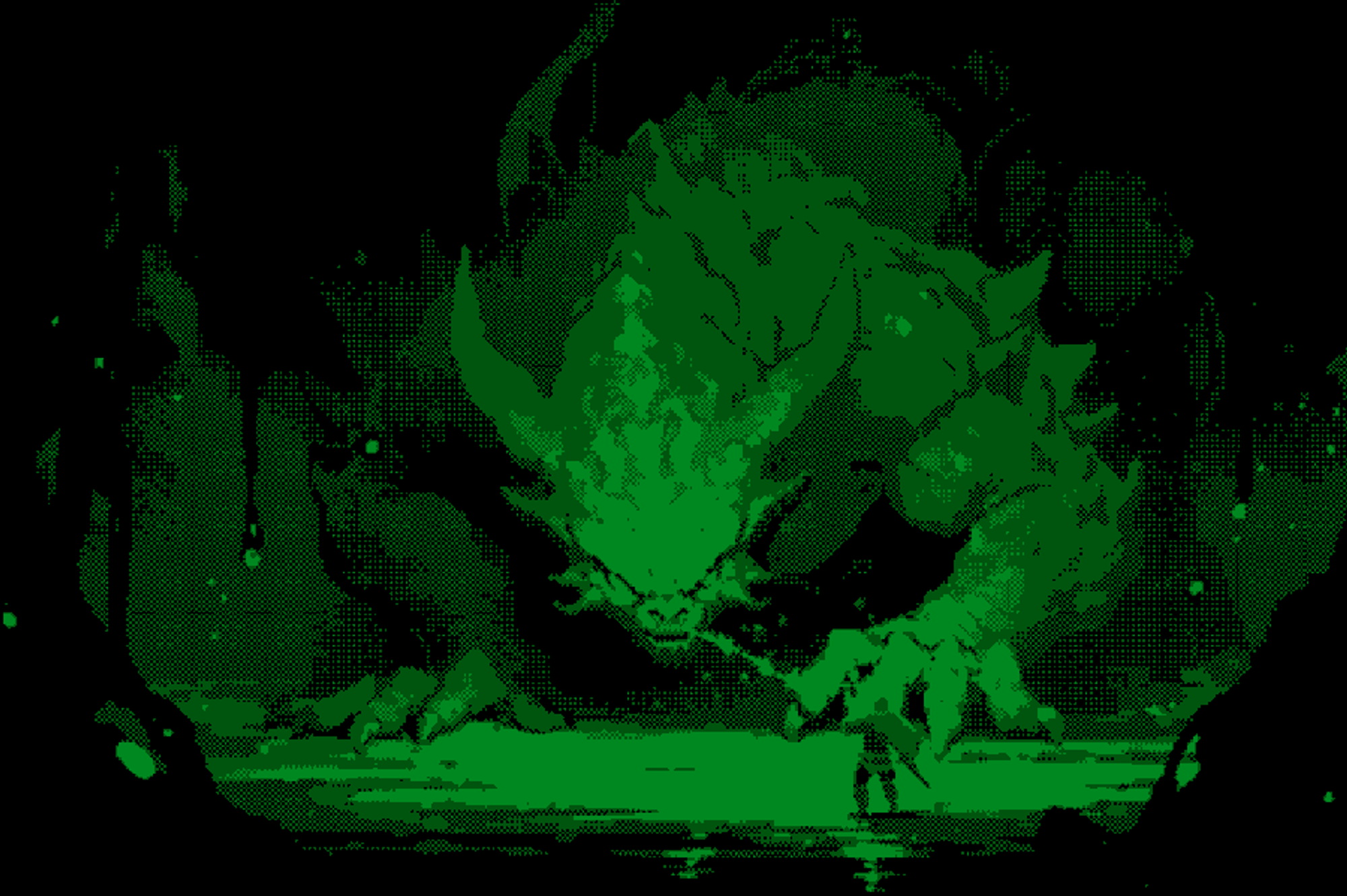
Loot Survivor is a dungeon roguelike game and is a Fully Onchain Game with all logic implemented on top of Starknet. It is currently deployed on Starknet's testnet, Goerli, and is expected to be released on the Starknet mainnet soon.
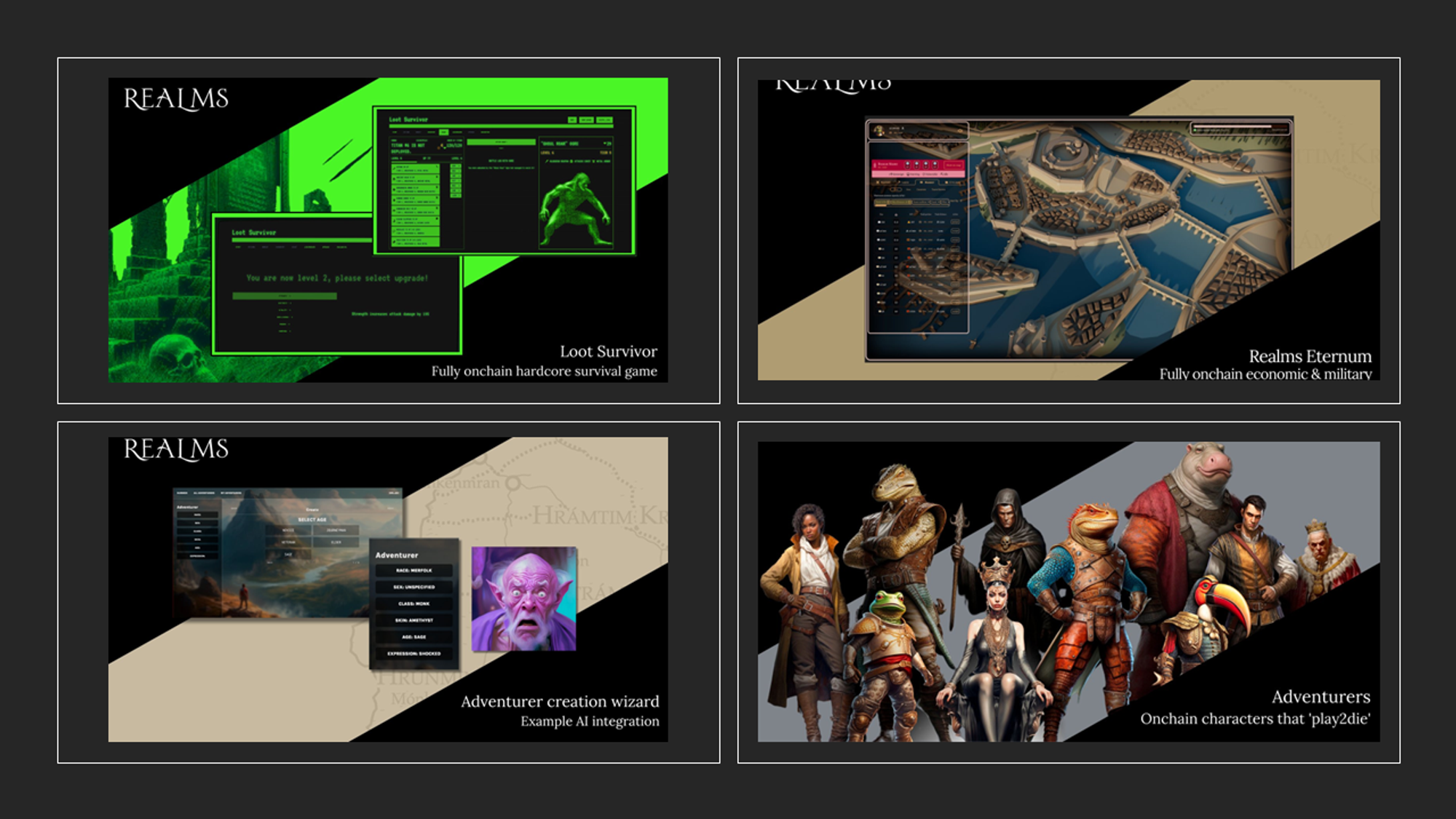
Source: Bibliotheca DAO
Loot Survivor was created by Loothero on the Bibliotheca DAO. Bibliotheca DAO is a community and ecosystem project built on Loot Realms NFTs, an offshoot of Loot. The ultimate goal of Bibliotheca DAO is to create an autonomous world based on these Realms, and to this end, several projects, including Loot Survivor, are being prepared. First up is Realms Eternum, a strategy game that will be deployed on Starknet as a fully on-chain game. Adventures will be used across the ecosystem with on-chain characters that can be minted with $Lords, the native token of the Bibliotheca DAO.
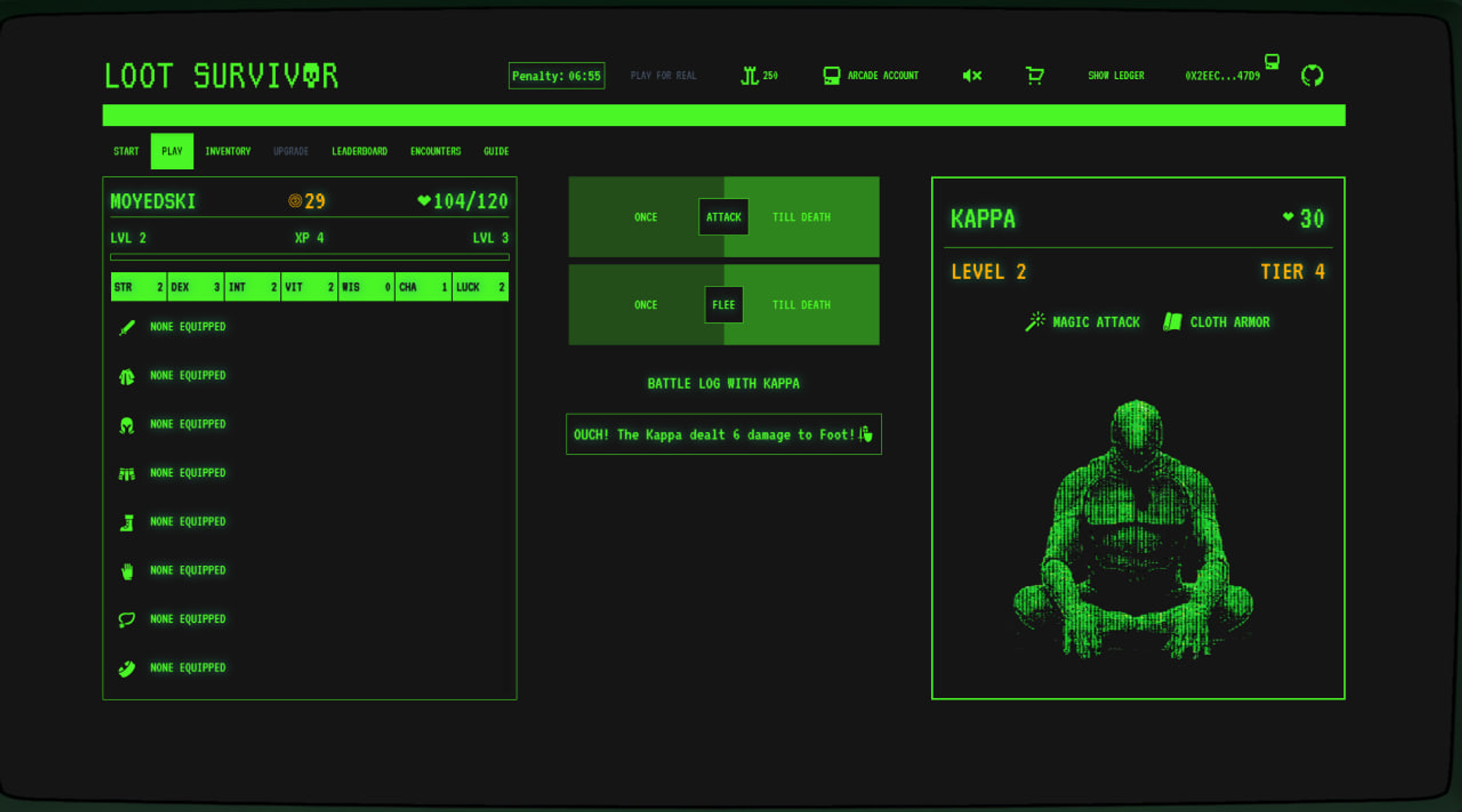
The gameplay of Loot Survivor includes the following elements: exploration, combat, upgrades, and trading. When you first start the game, you choose the type and name of your weapon and then start exploring. As you progress through the dungeon, you may encounter monsters, obstacles, or find items such as potions or gold. When you encounter a monster, you can either fight it or run away from it, the odds of which depend on your character's stats.
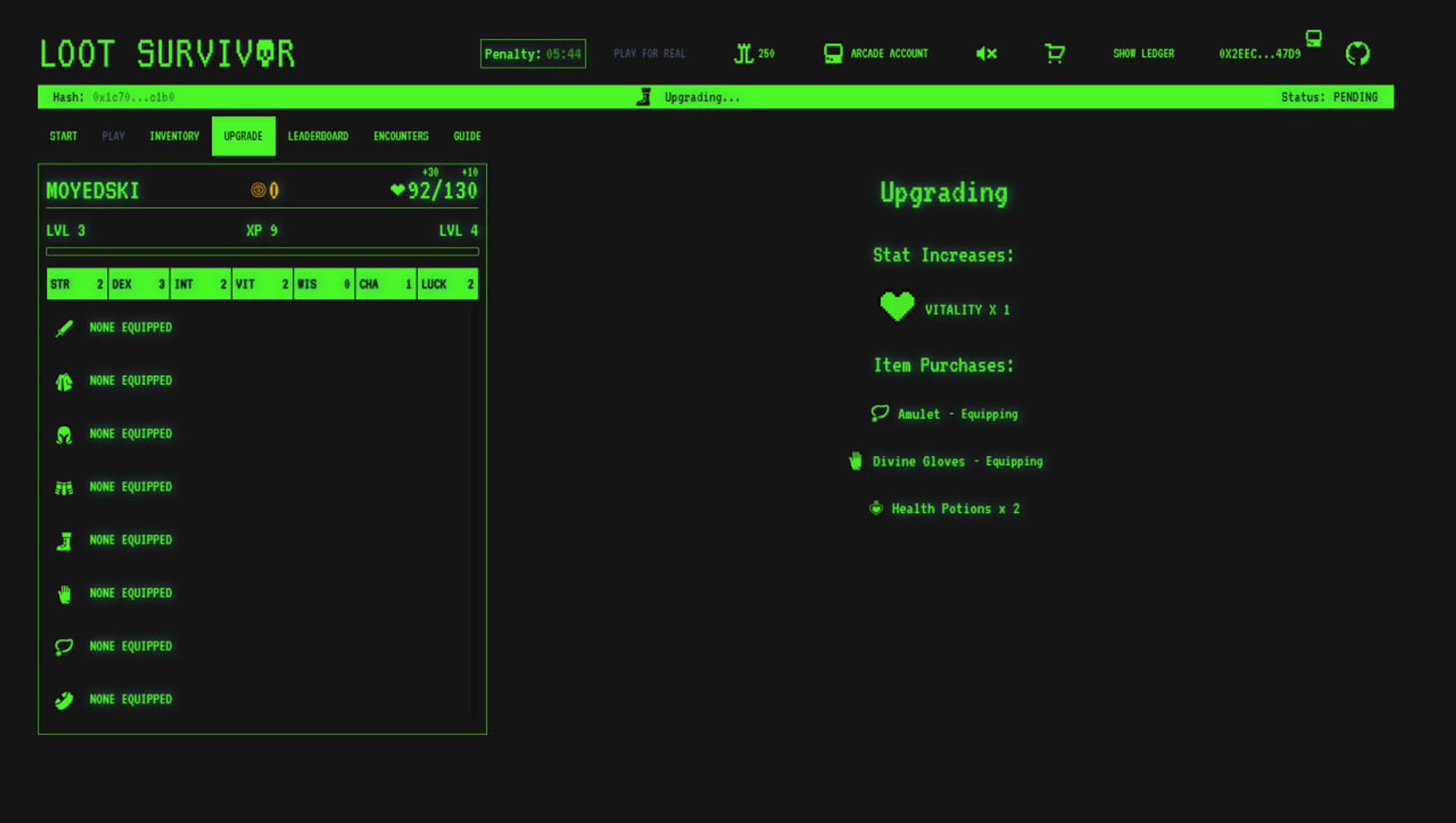
The game is well polished. There are compatibility between weapons and armor, so the performance of your weapons and armor will change depending on the monsters you encounter, and you have to think about what kind of stats you want to increase whenever you level up. While the gameplay is different, the overall progression of the game feels similar to Elder Ring or Dark Souls. My only complaint is the pacing of the game. Since it is a fully on-chain game and every action is a transaction, it takes quite a while for the transaction to be confirmed, so this was the biggest drawback. If the speed of the game is similar to existing games, it will be quite fun to play.
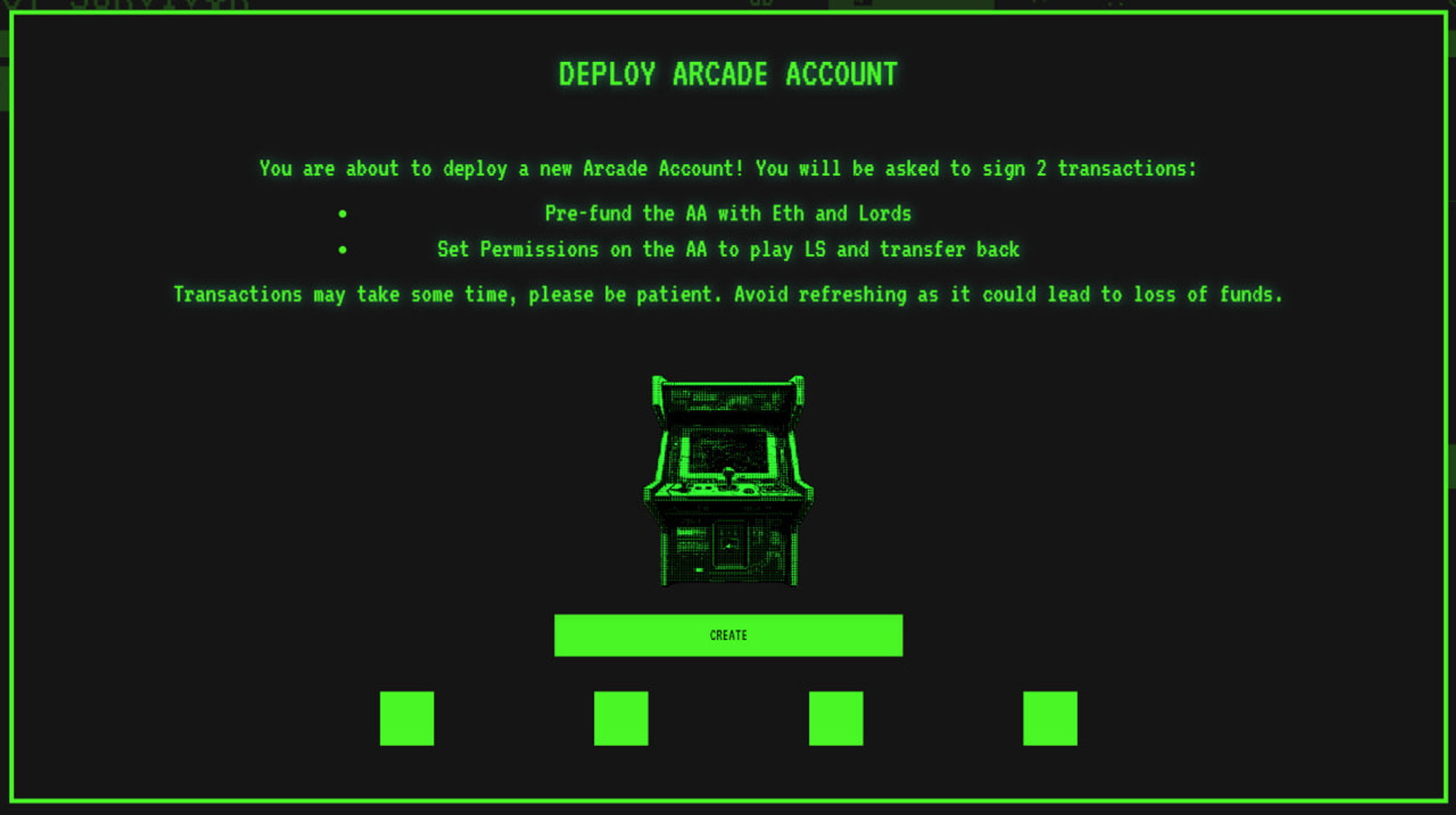
The full code for Loot Survivor can be found on GitHub. For UX purposes, it uses Aracade Account, which we often refer to as a browser wallet or burner wallet, so users don't have to sign a transaction for every action. All contracts are written in Cario 1.0, and due to the nature of Fully Onchain Game, it is impossible to modify once it is deployed on the mainnet, so it seems that it is currently being tested for a long time to fix bugs and balance.
Loot Survivor is a Play2Die model, where players pay 25 $LORDS to participate in the game, half of this fee is rewarded to the top scorer, and the rest is shared between the DAO and the client provider.
Loot Survivor is an on-chain roguelike game implemented in a traditional arcade style, with a lot of strategic elements that make it addictive. However, the problem is that each action within the gameplay takes quite a long time, and because of this, there are parts of the game where the tempo slows down and the interest cools down. Also, it is currently a testnet, so there is no real money, but after the mainnet deployment, it will use the Play2Die model with real $LORDS, and I wonder how well this will work for the game players.

Frenpet is a highly experimental on-chain game, or dApp, that appears to be inspired by Frend.tech and Tamagotchi. It uses Base as its underlying chain and is currently in V1, with V2 expected soon.
Frenpet is created by @cadu_veloso and @surfcoderepeat, but there is no information about the team.
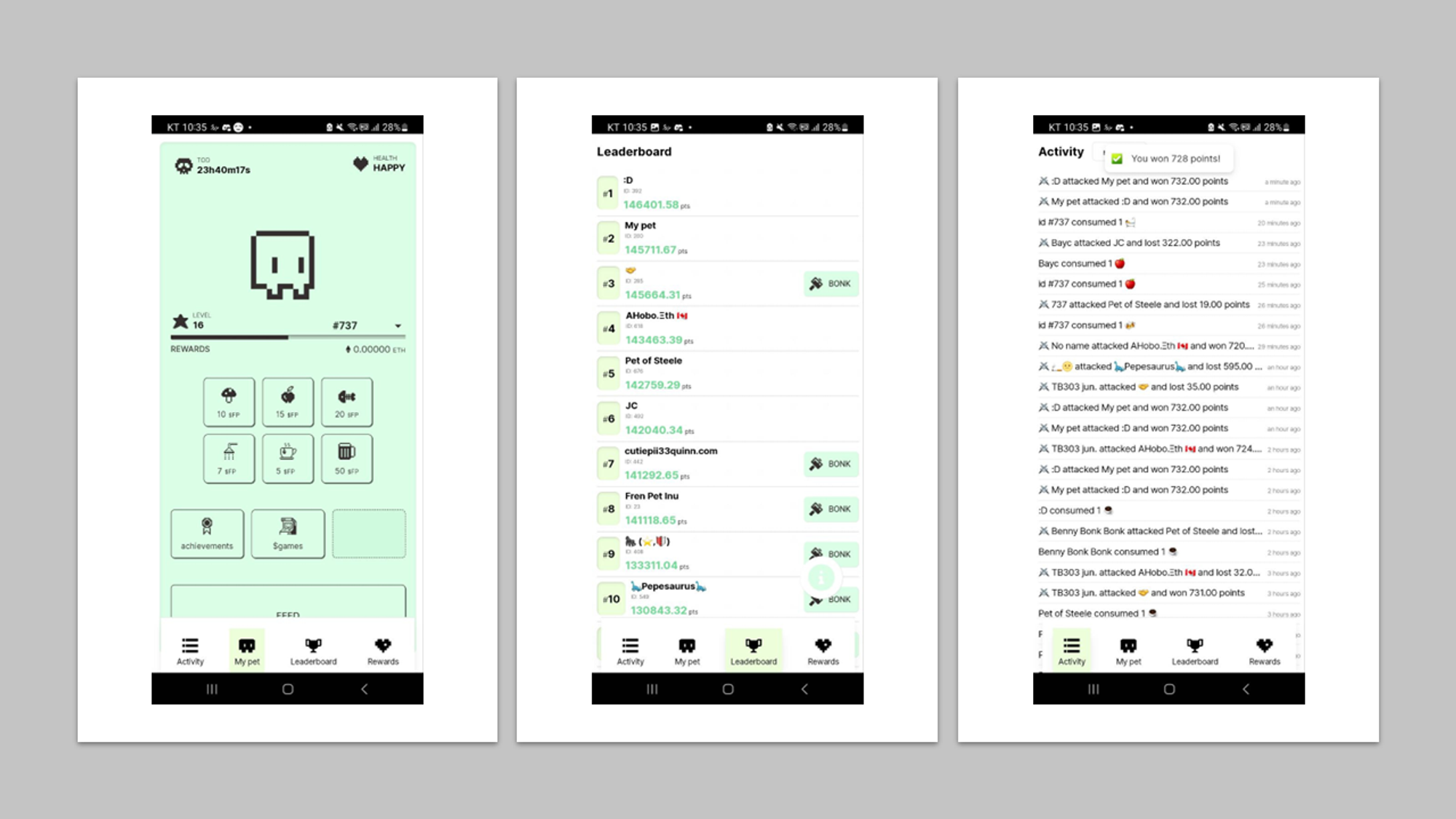
In order to play Frenpet, you must first mint your pet. There is a Dutch auction for each pet that lasts about 10 minutes, with prices starting at 2000 $FP and ending at 100 $FP. Once you've minted your pet, you'll need to take care of it to keep it alive. Frenpet has a TOD, or Time of Death, which is literally the time when the pet dies. When a pet dies, its NFTs are burned. To prevent your pet from reaching the TOD, you can provide it with various foods, which can be purchased with $FP. Each of these feedings will extend the TOD and increase your points. These points determine your ranking on the leaderboard, which is related to the rewards we'll talk about later.
In addition to this, there is a feature called 'Bonk', which allows you to attack someone with more points than you every 15 minutes and take some of their points. There's a 40% chance of winning, and the winner takes 0.5% of the loser's points.
There's not much to the gameplay itself. What's interesting is that it combines an incentive mechanism similar to Tamagotchi and Friend.tech. We'll cover this in more detail in the economic model.
All in-game actions are implemented as transactions. If you check the actual contract, you can see that actions such as attacking, buying items, and burning are all implemented as methods of the contract. To implement the PWA, we used privy, just like Friend.tech.
All in-game $FP used to purchase items is burned. In addition to this, when people buy or sell $FP, a 5% fee is charged, and whenever this fee reaches 5000 $FP, the contract converts it to ETH and distributes it as follows.
2% is given to Frenpet players. Players will receive a reward equal to their share of the total score, and once they claim their reward, their pet's points will be reset.
2% goes to the Frenpet developers.
1% will go to ETH-FP liquidity.
Fren pet seems like a pretty unremarkable project, but that's why it seems more promising as a base layer. In fact, Fren Pet is planning to allow users to create their own games and features based on Fren Pet in the upcoming V2 release, which is definitely promising. I'm going to go feed my pet, thinking that maybe, just maybe, this could be an example of the intersection of SocialFi and on-chain gaming.
Thanks to Kate for designing the graphics for this article.
We produce in-depth blockchain research articles

We explore the history of various gaming platform categories that have driven the success of the gaming industry, and Iskra's new vision and initiatives for Web3 gaming adoption.

A look back at 2023 in the on-chain gaming industry, and a look ahead to 2024.

Onchain Games I Played This Month: November

This report covers the gaming sector in November 2023.